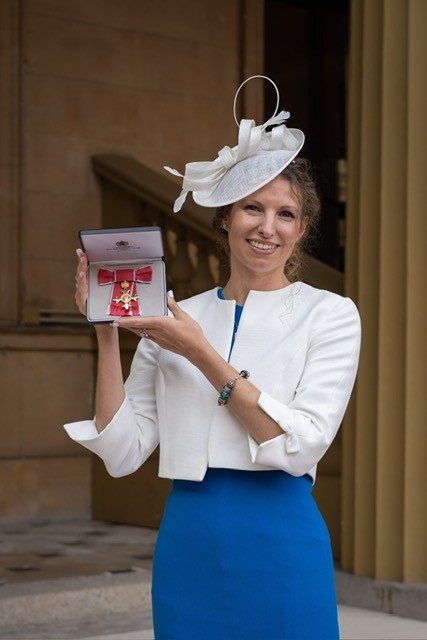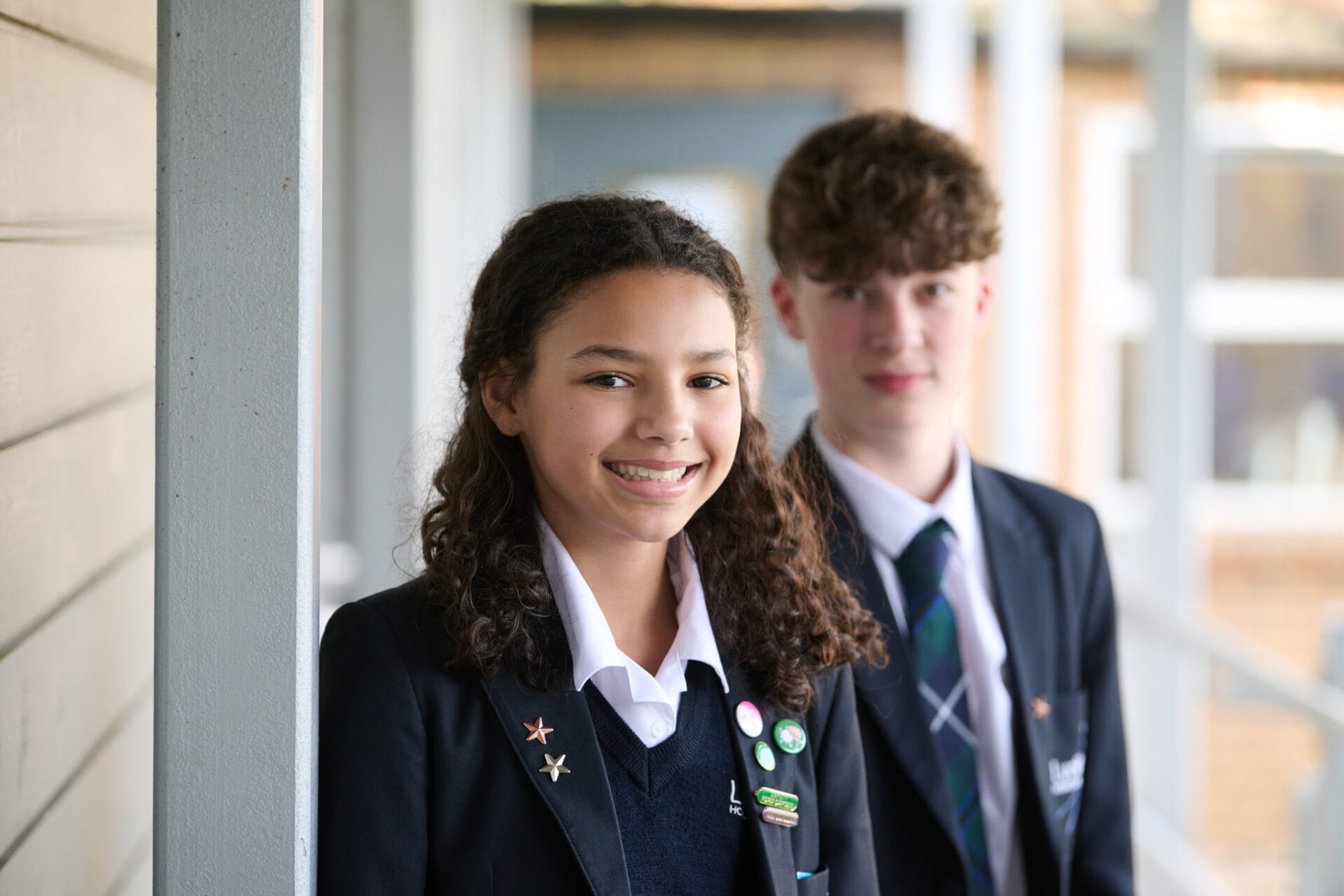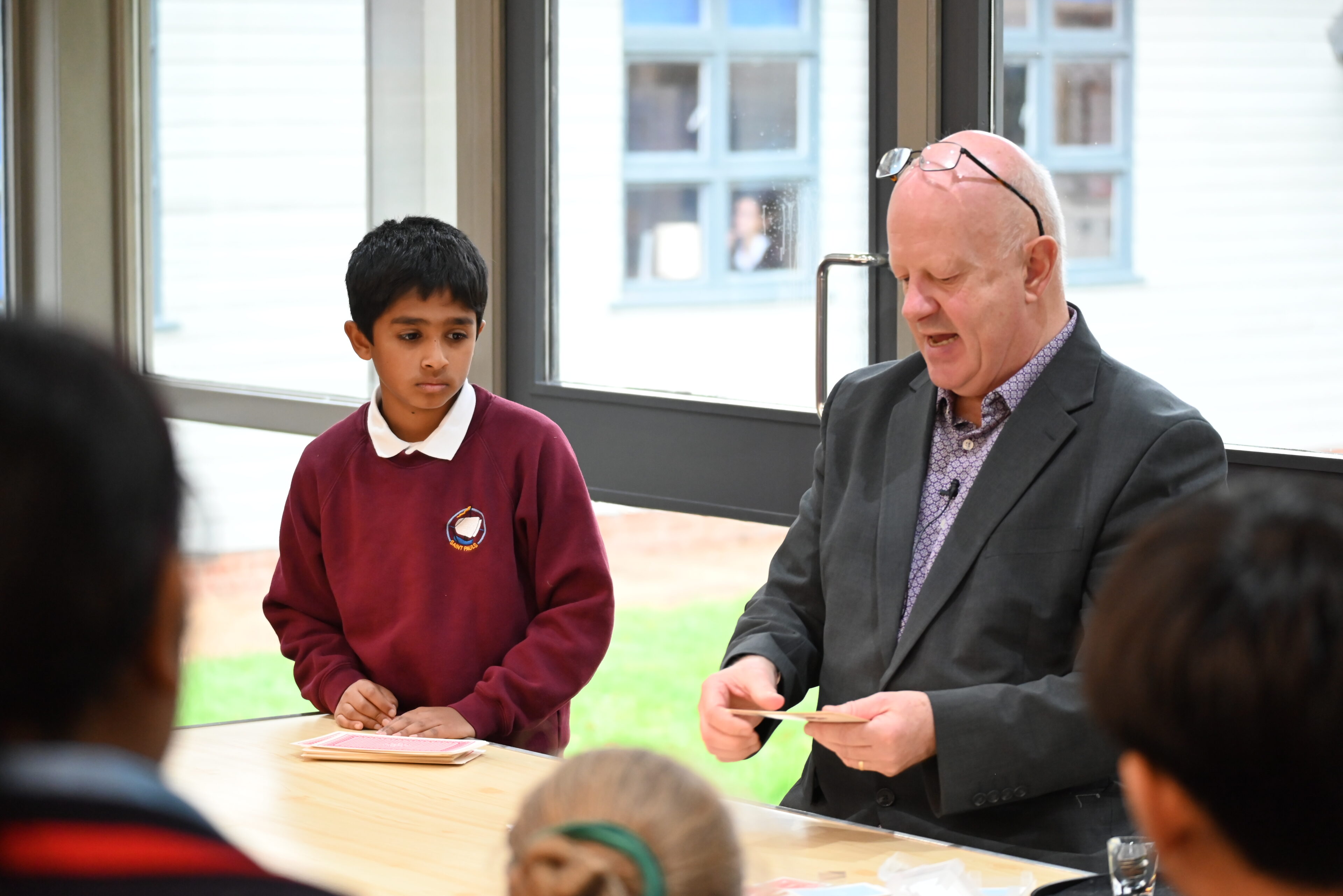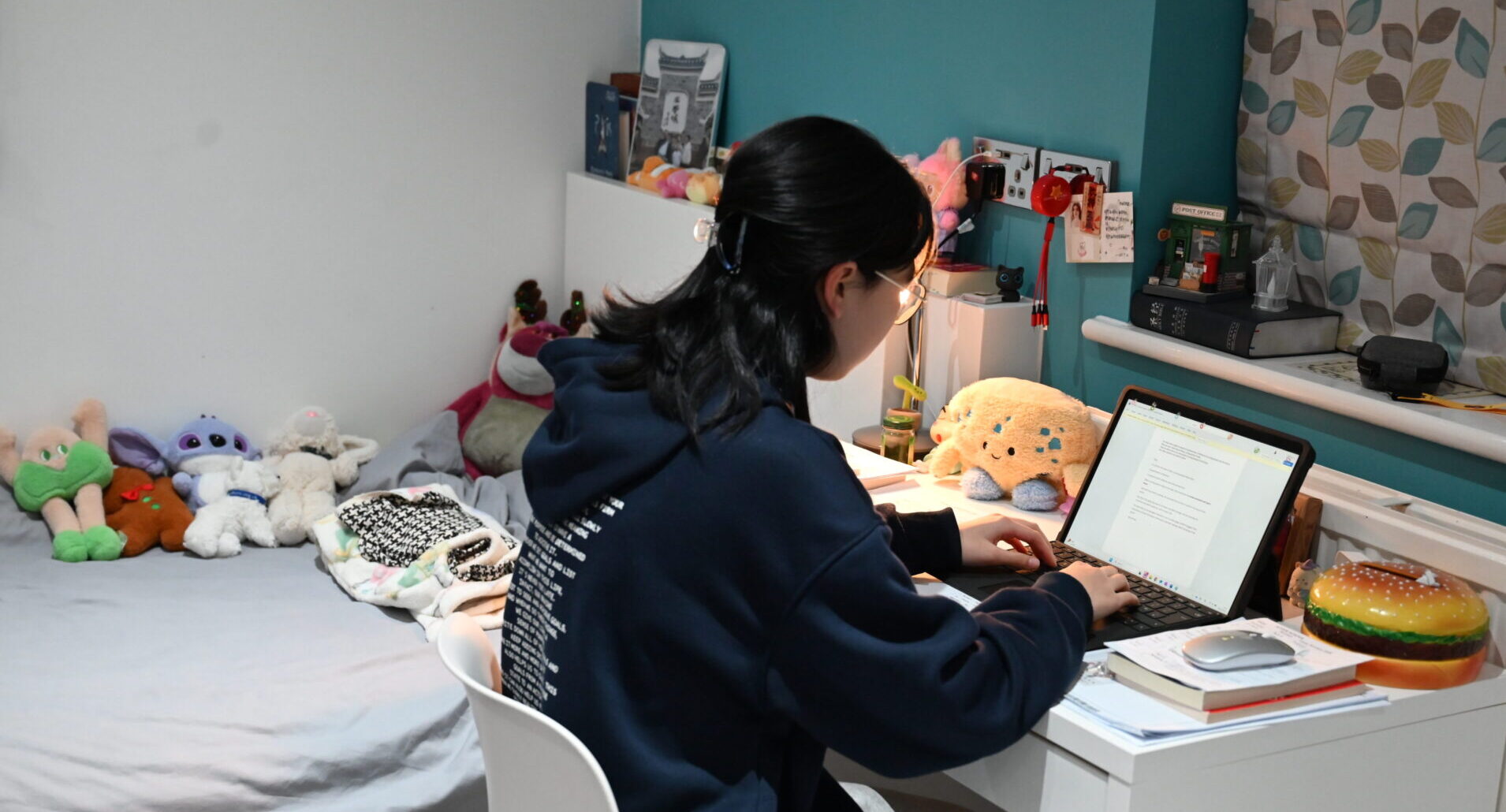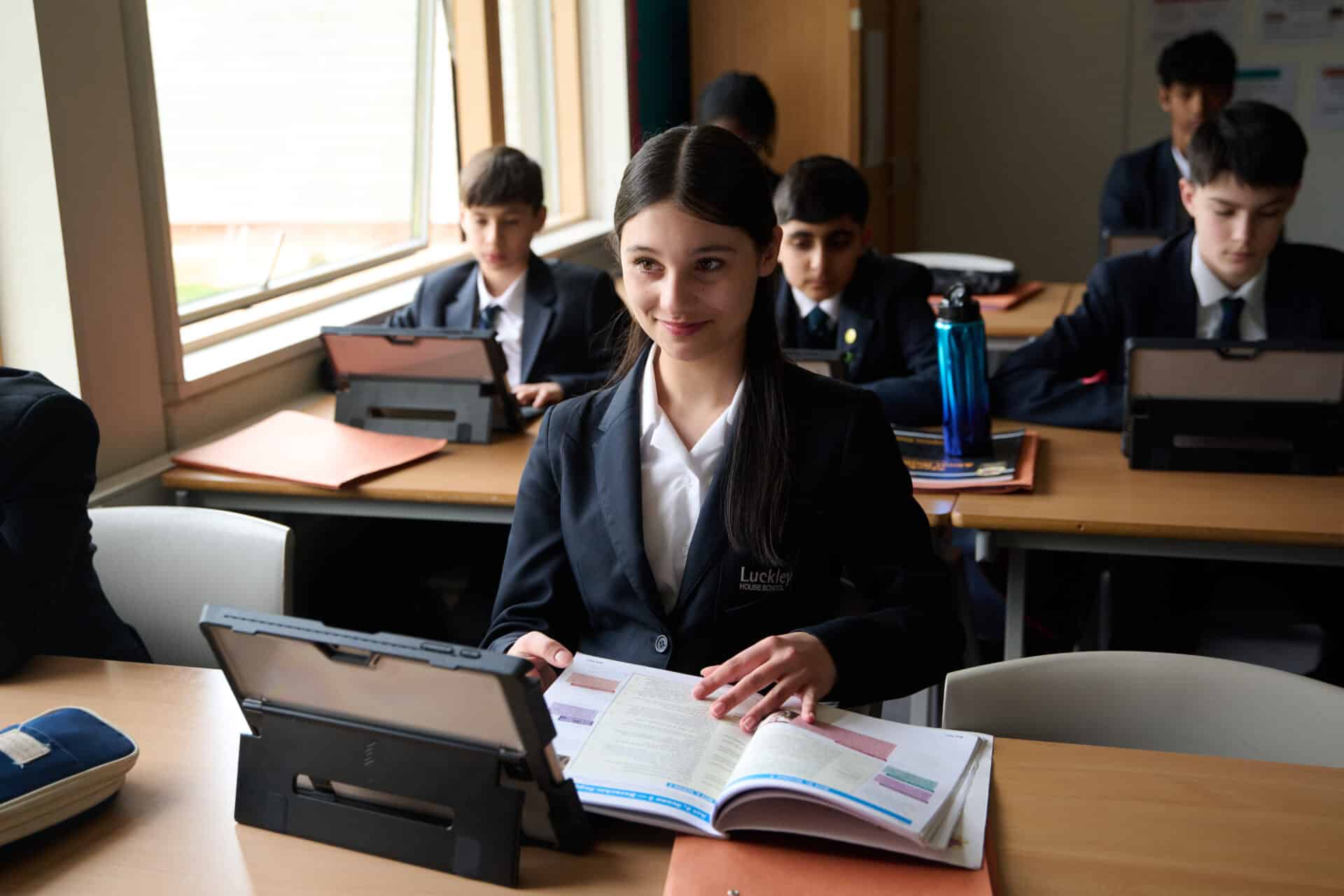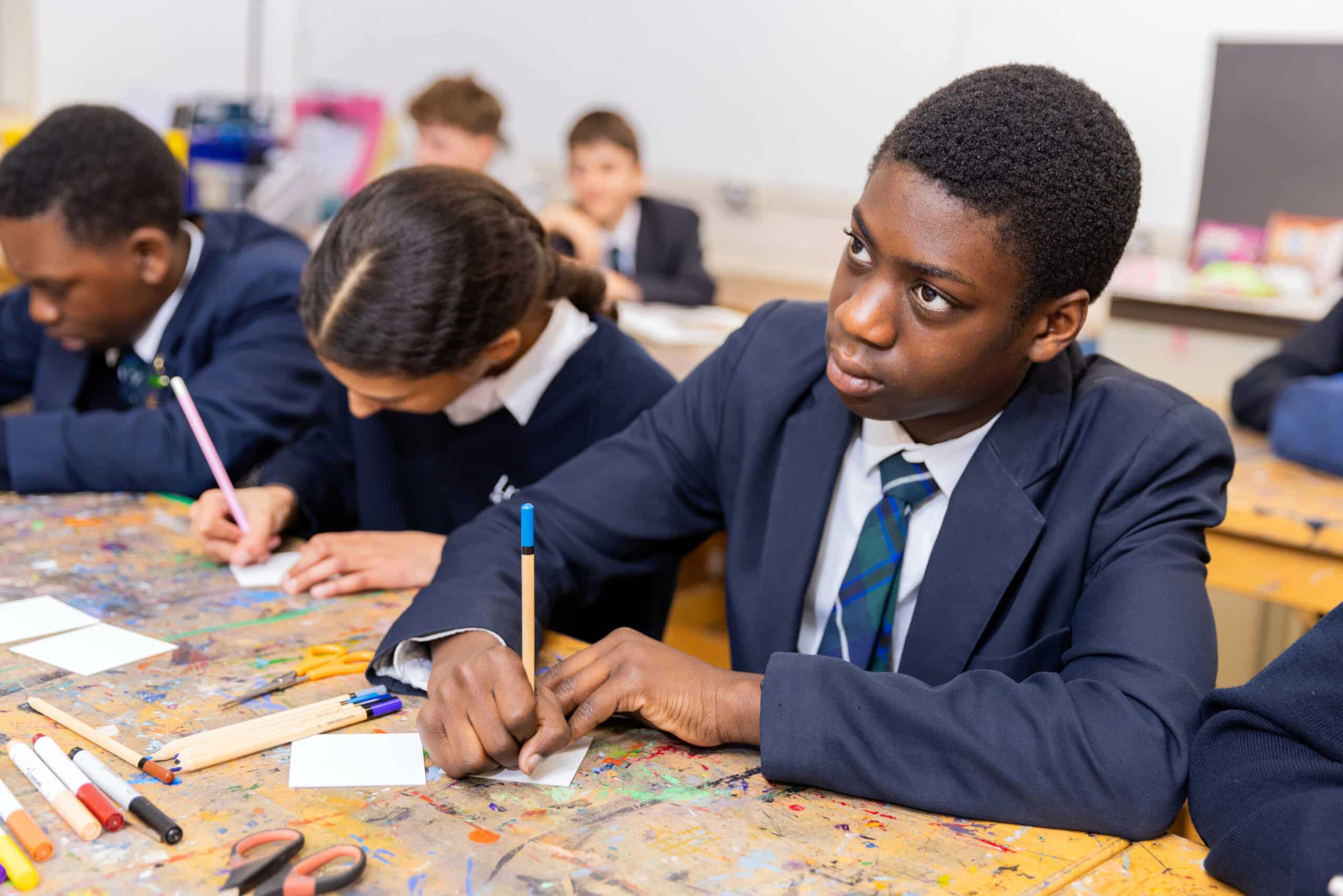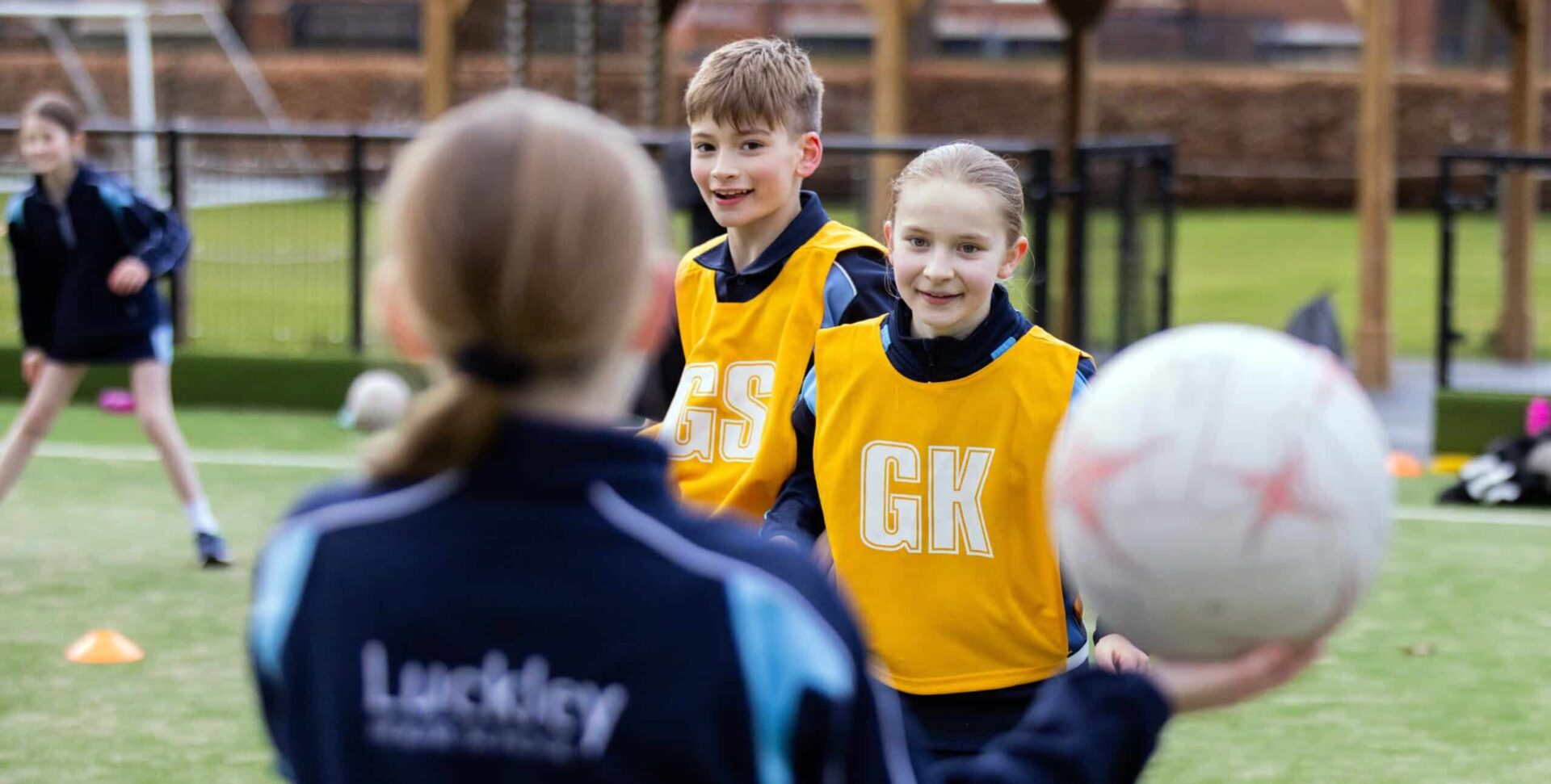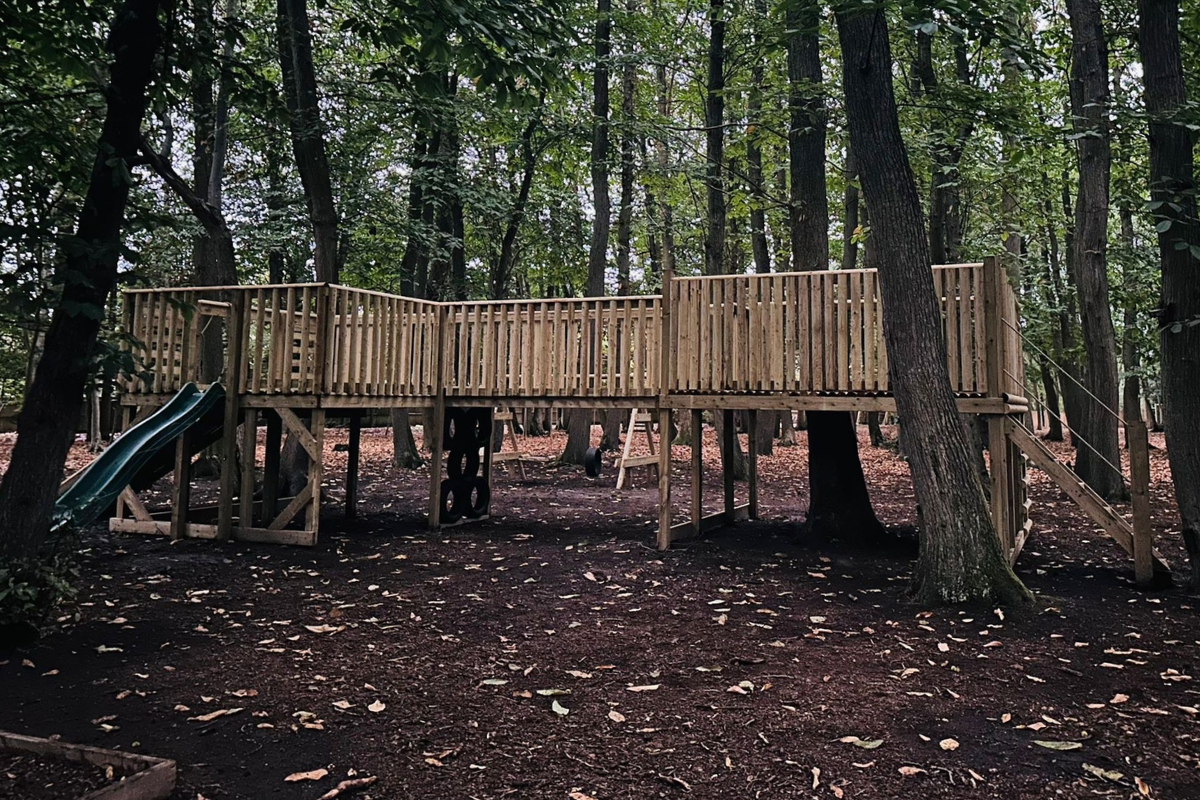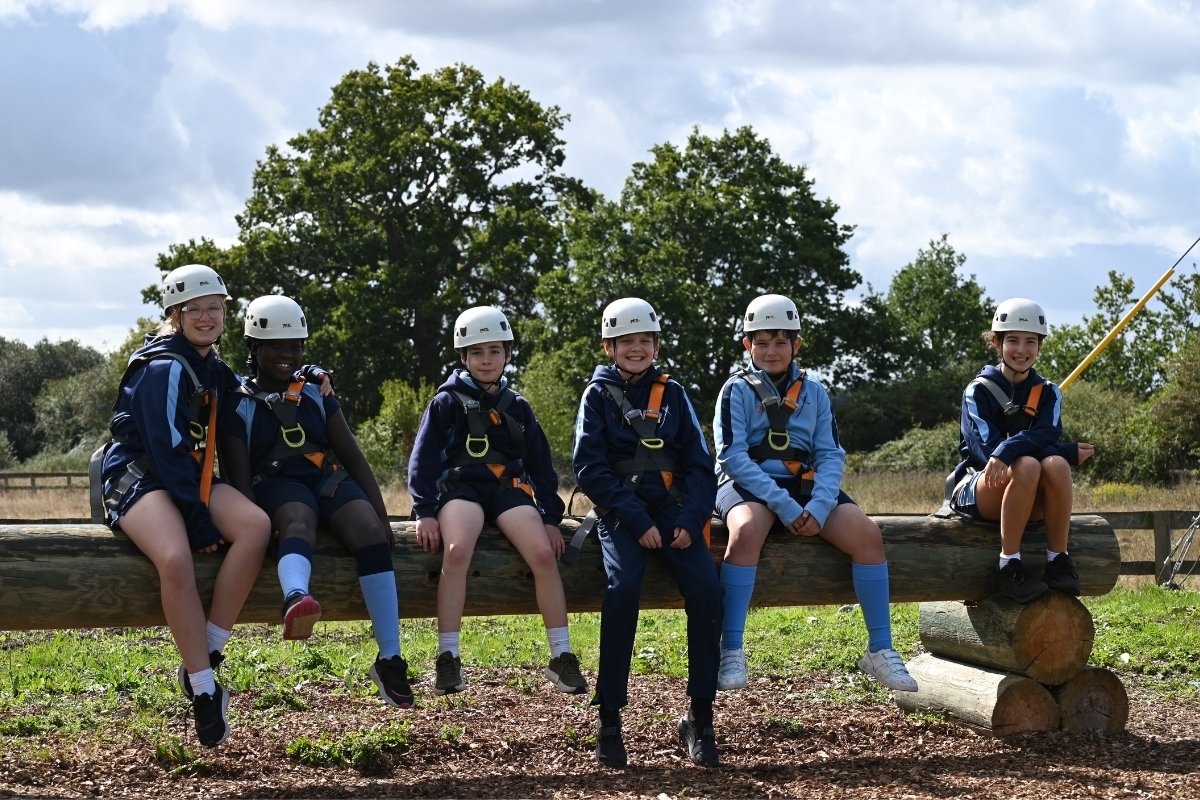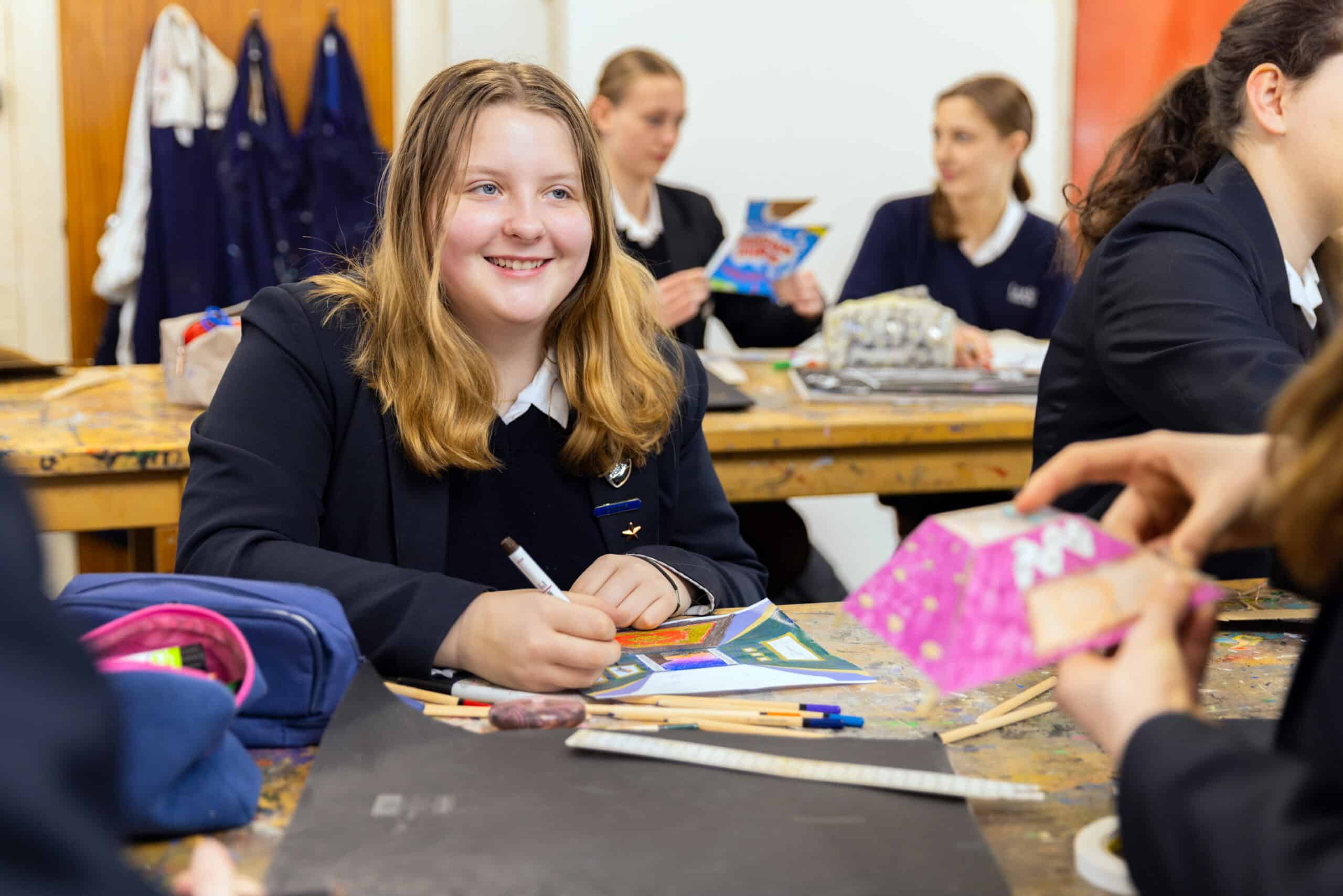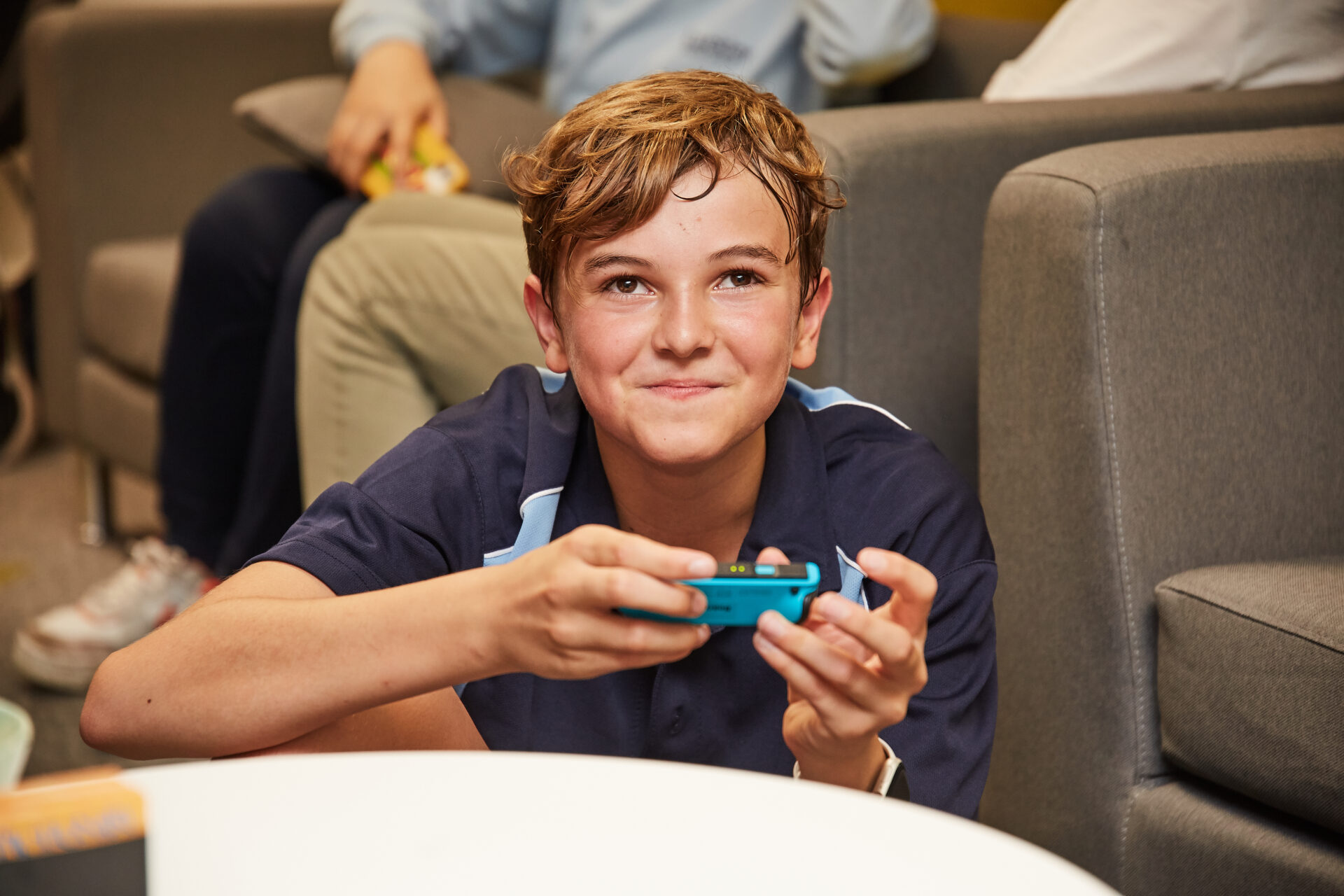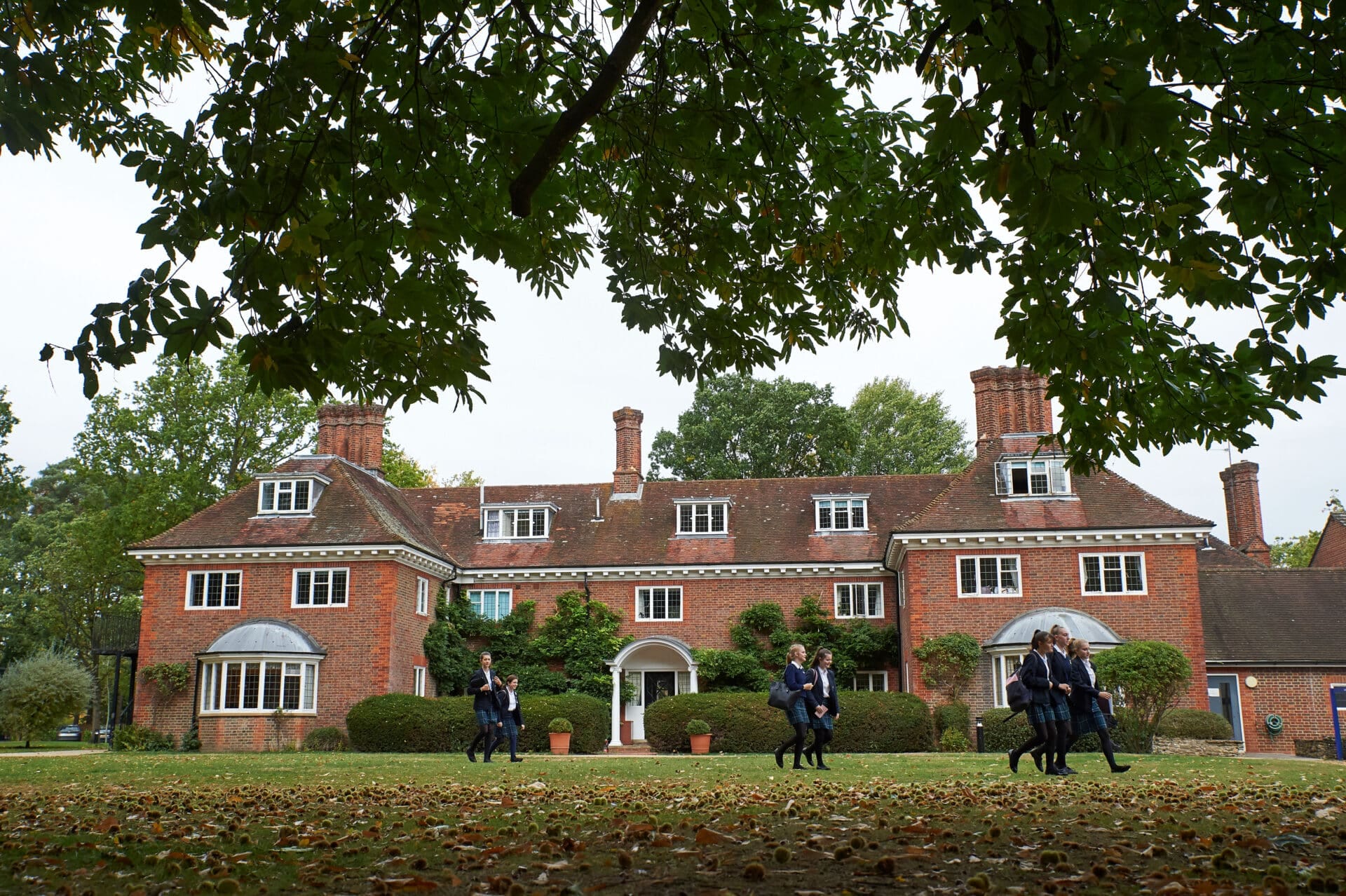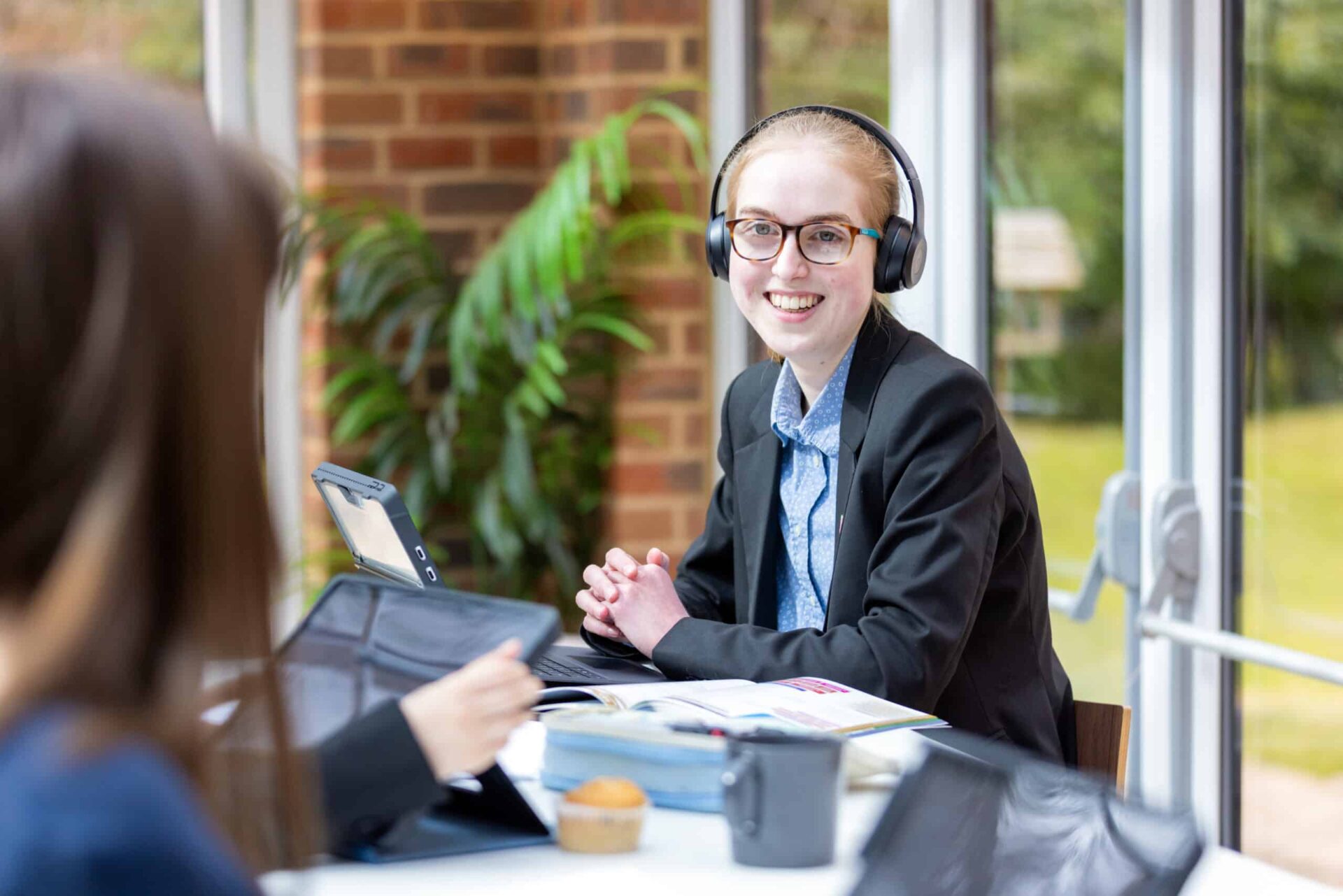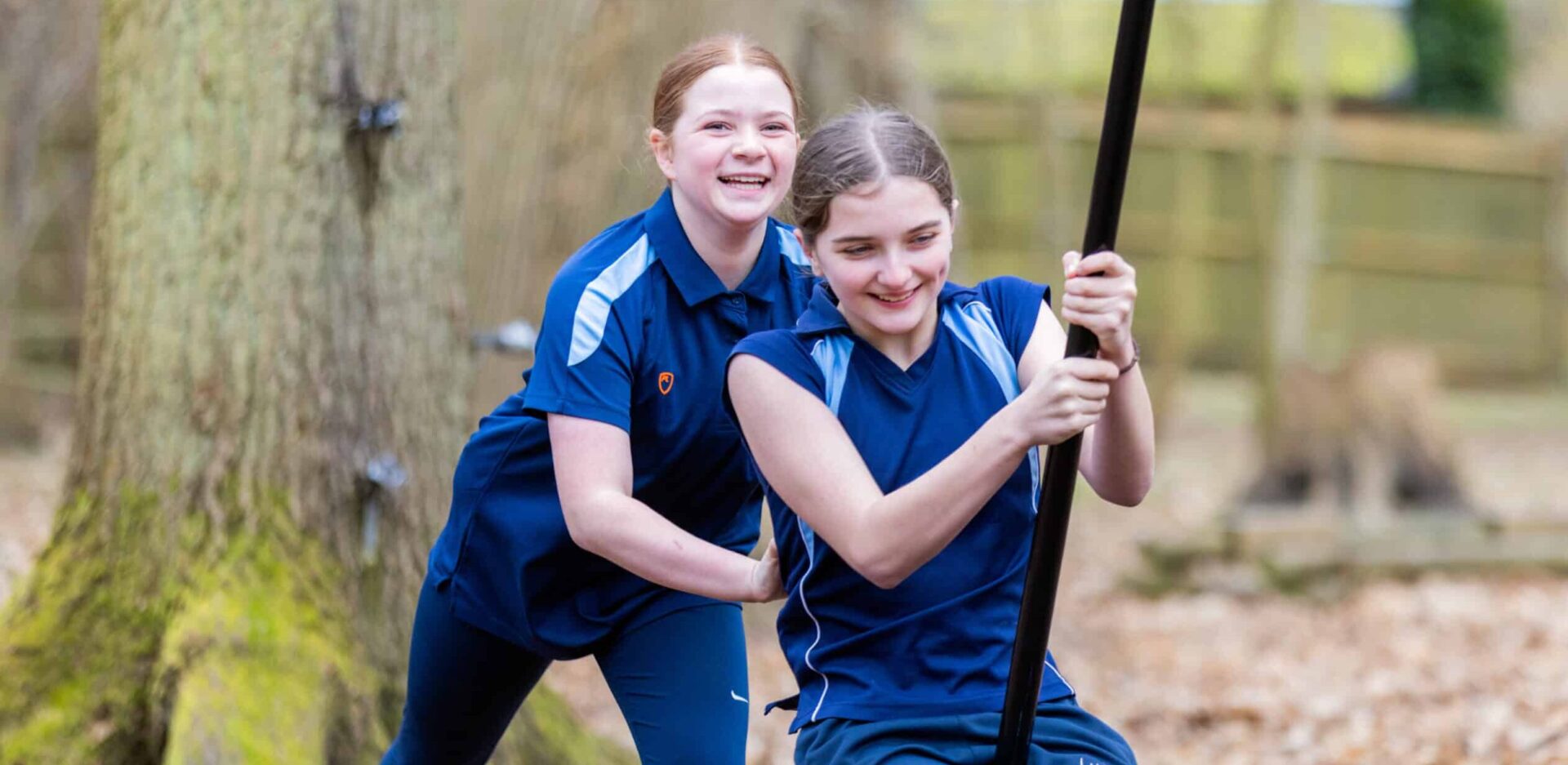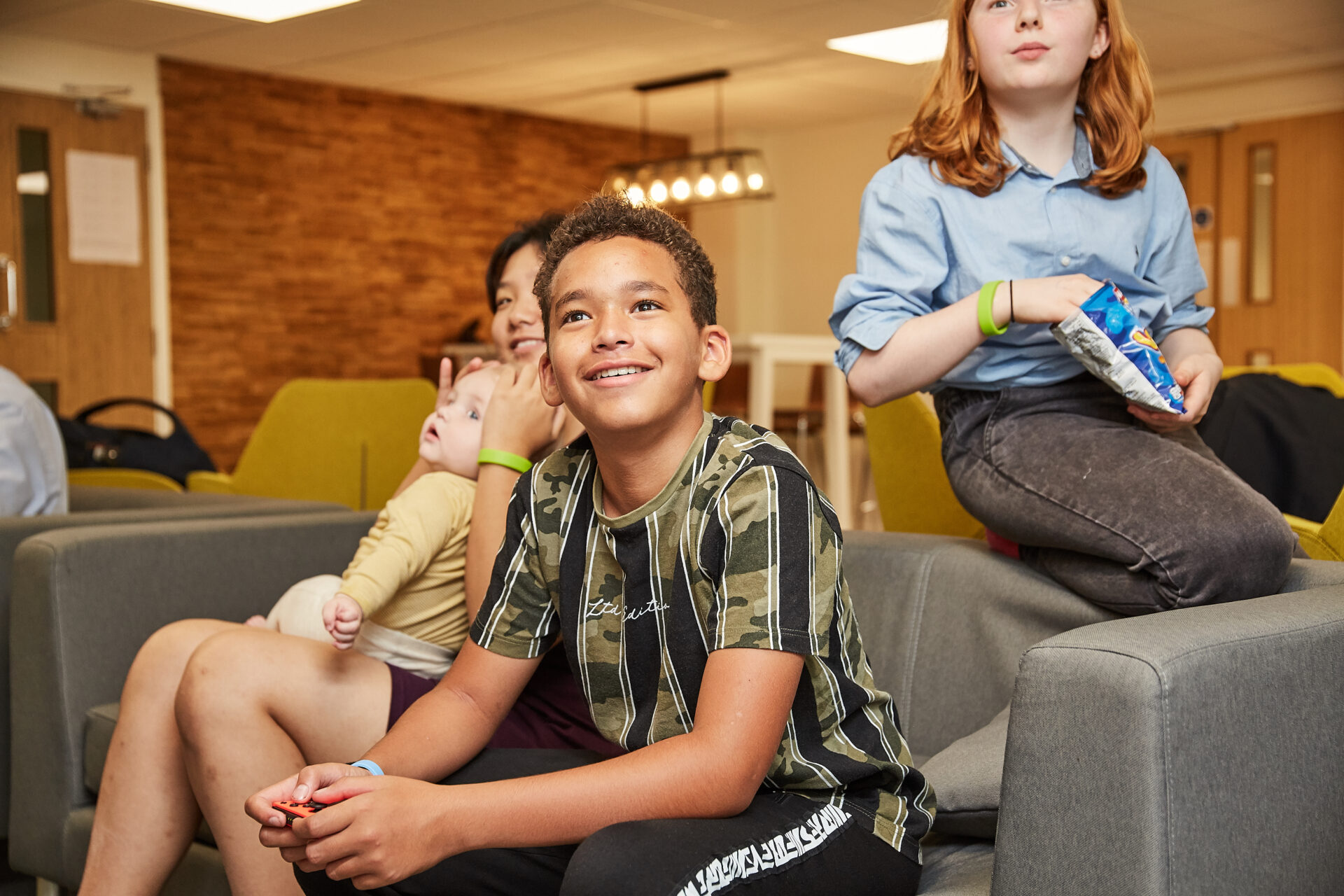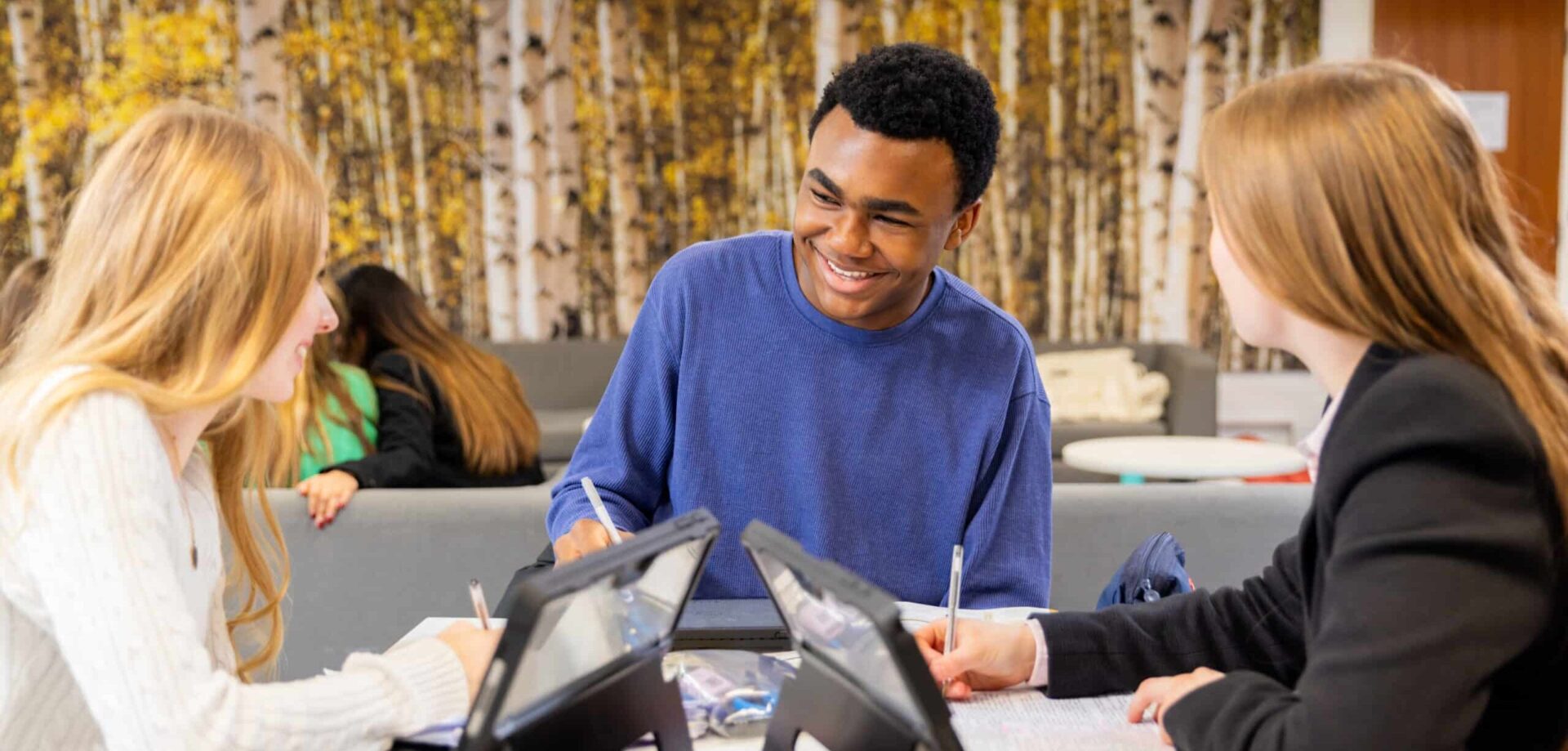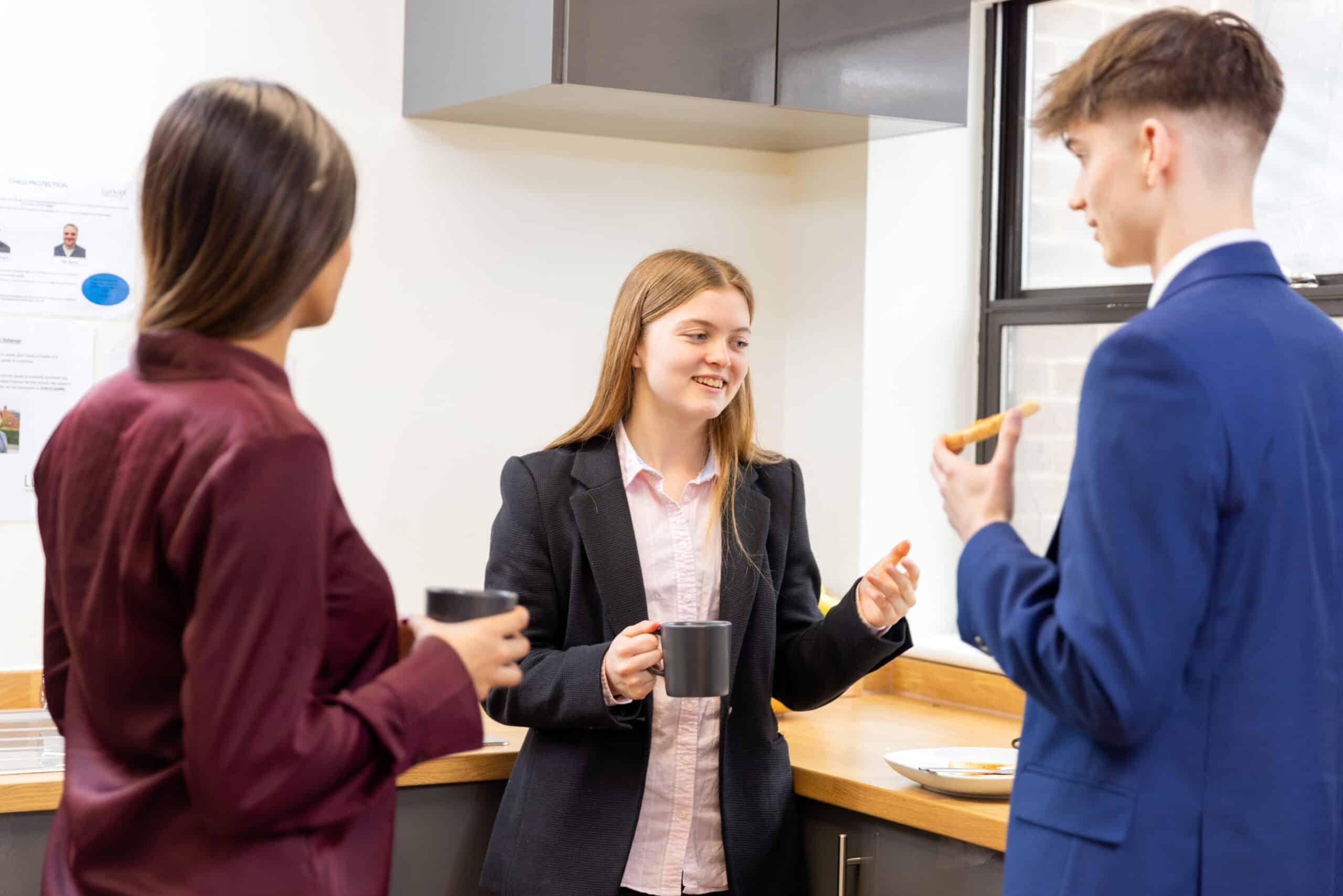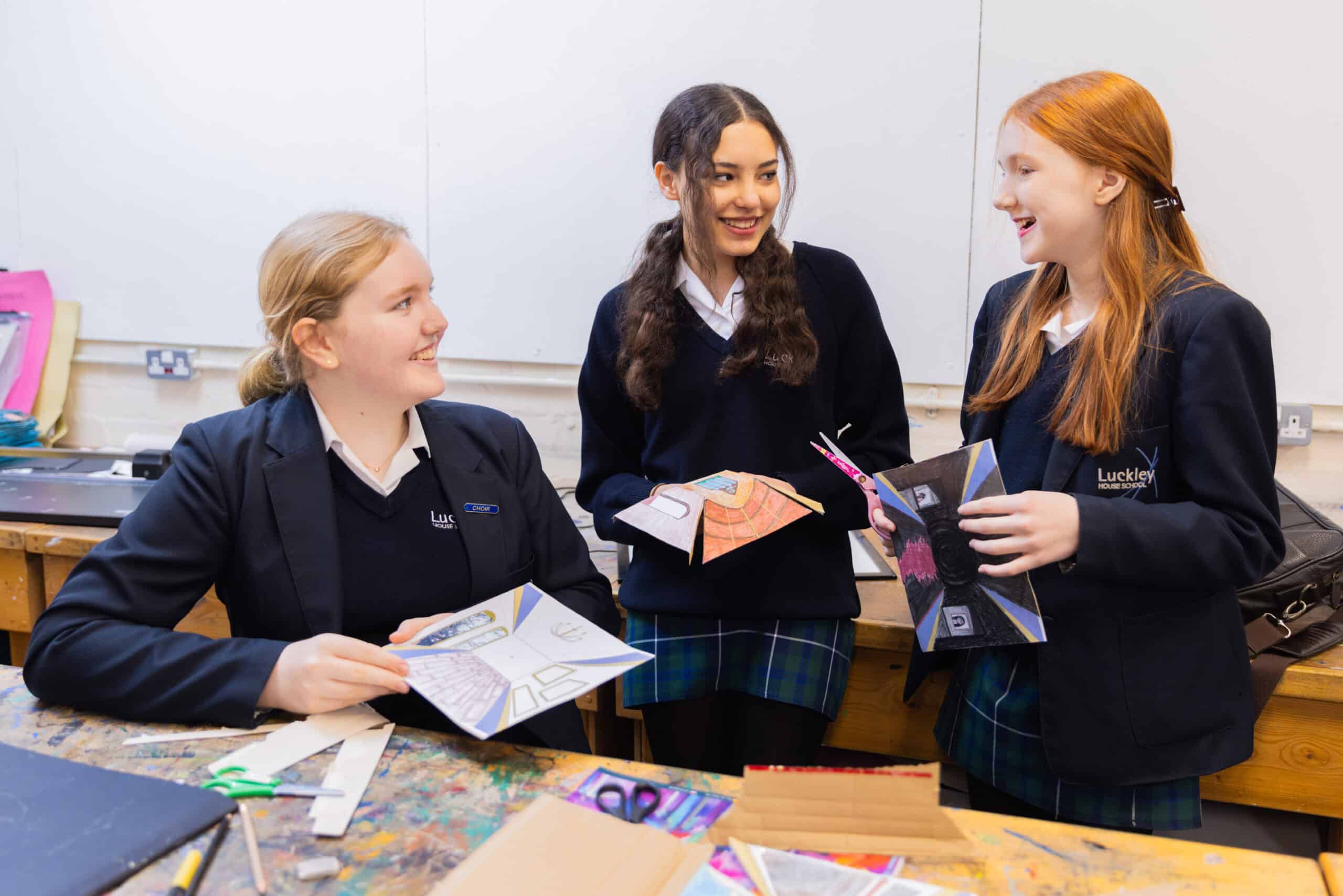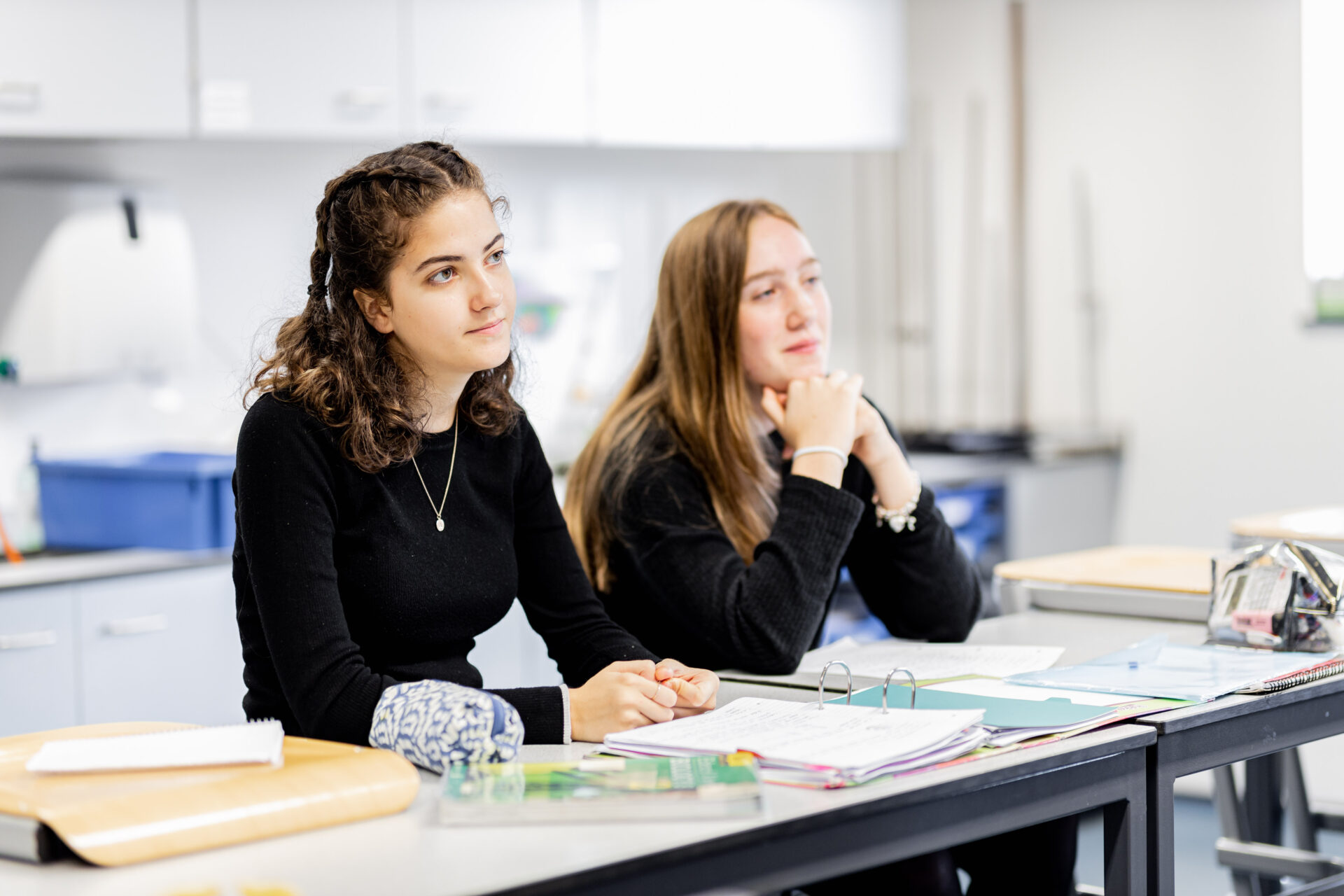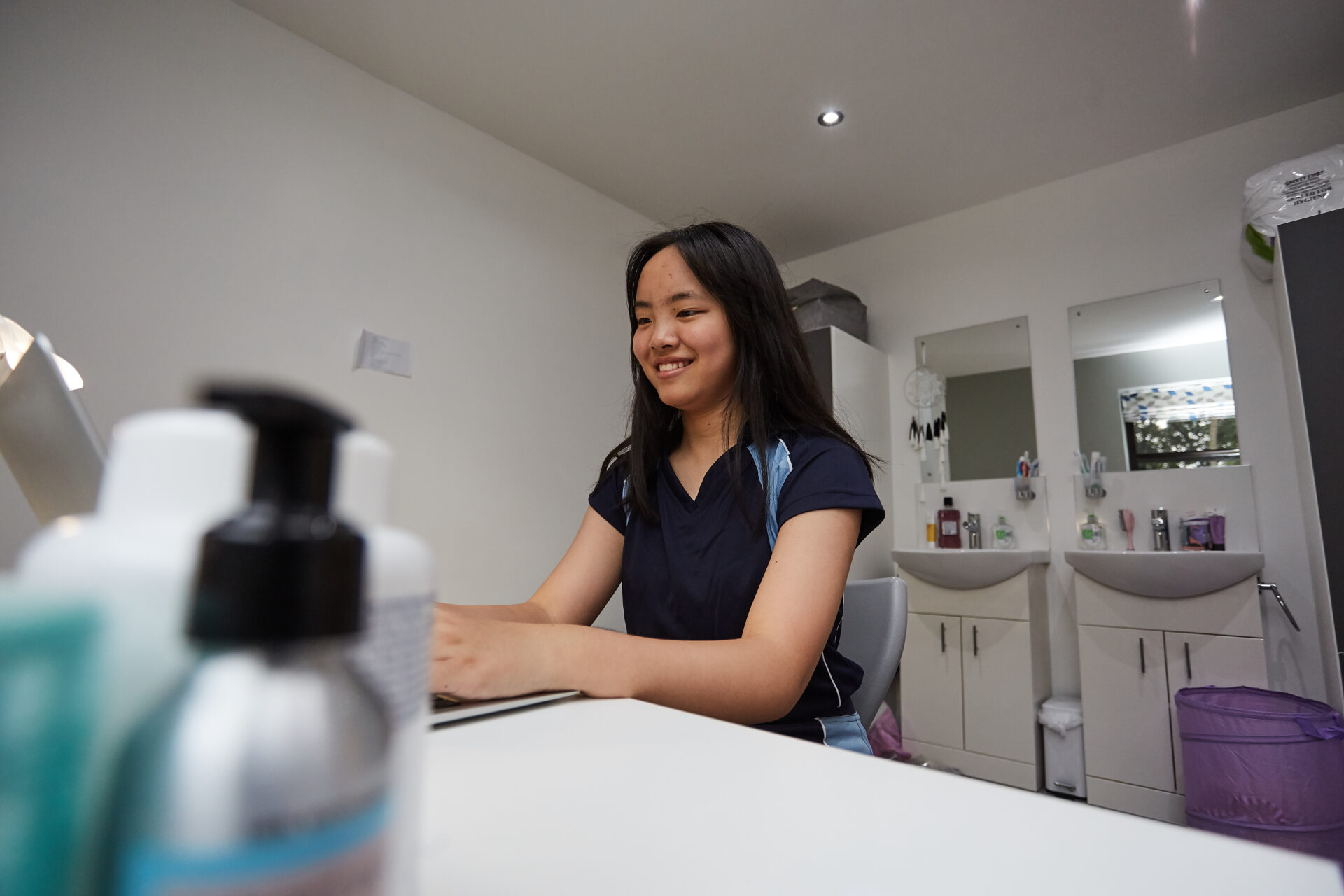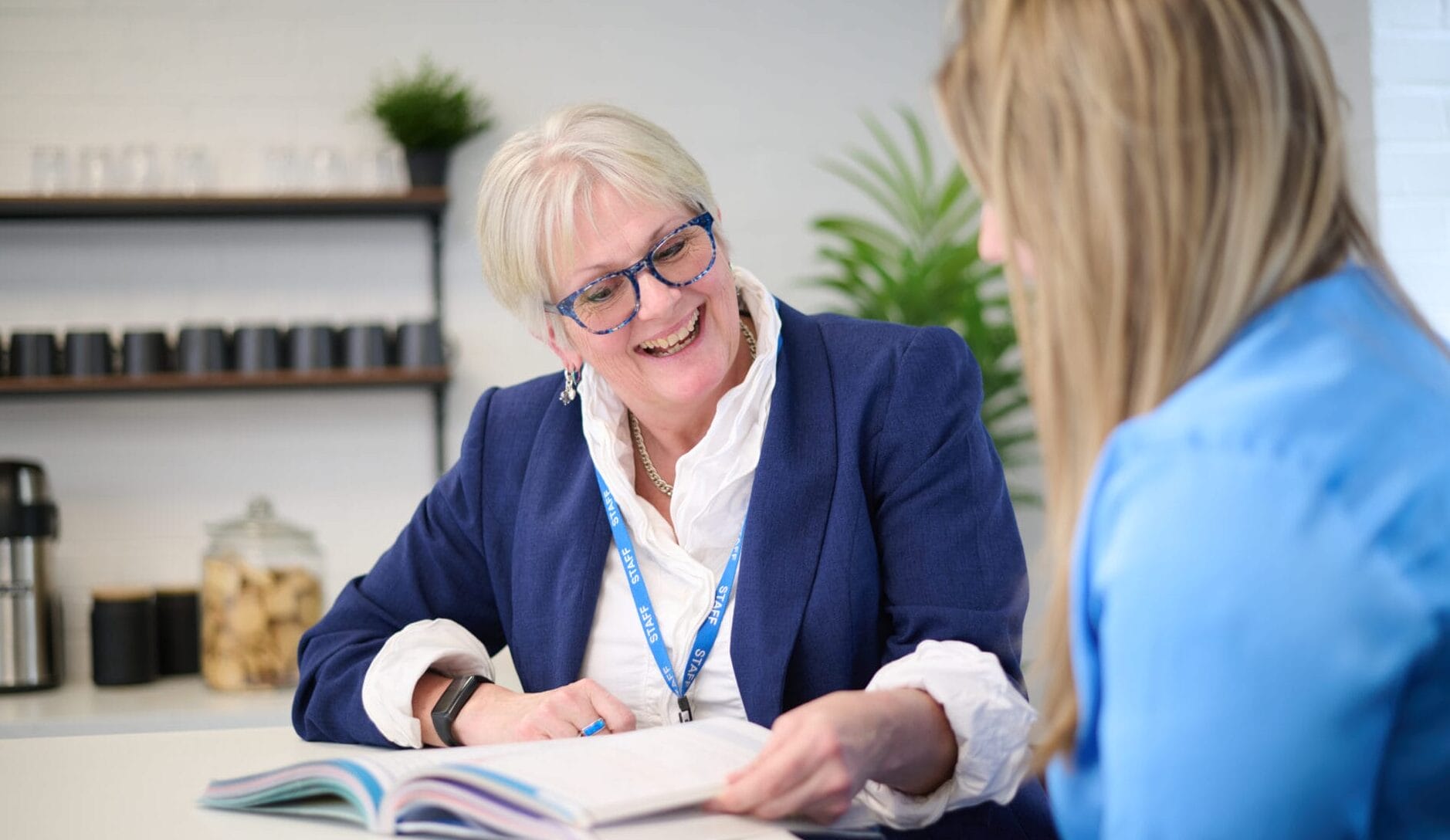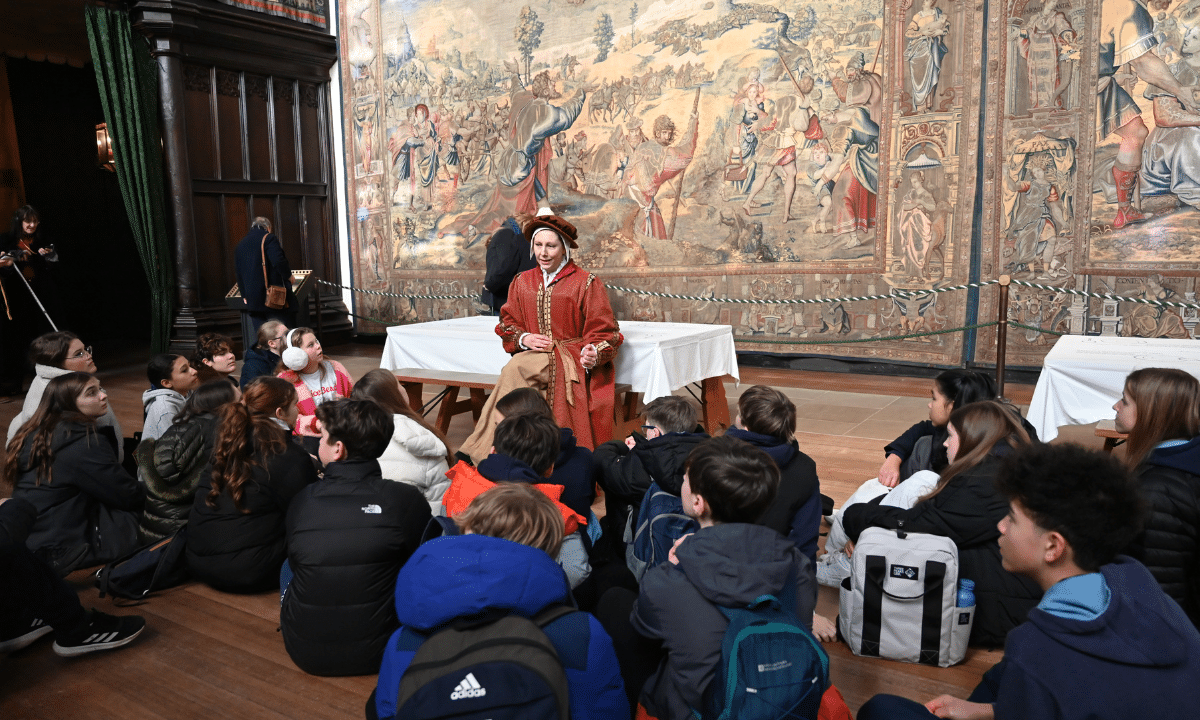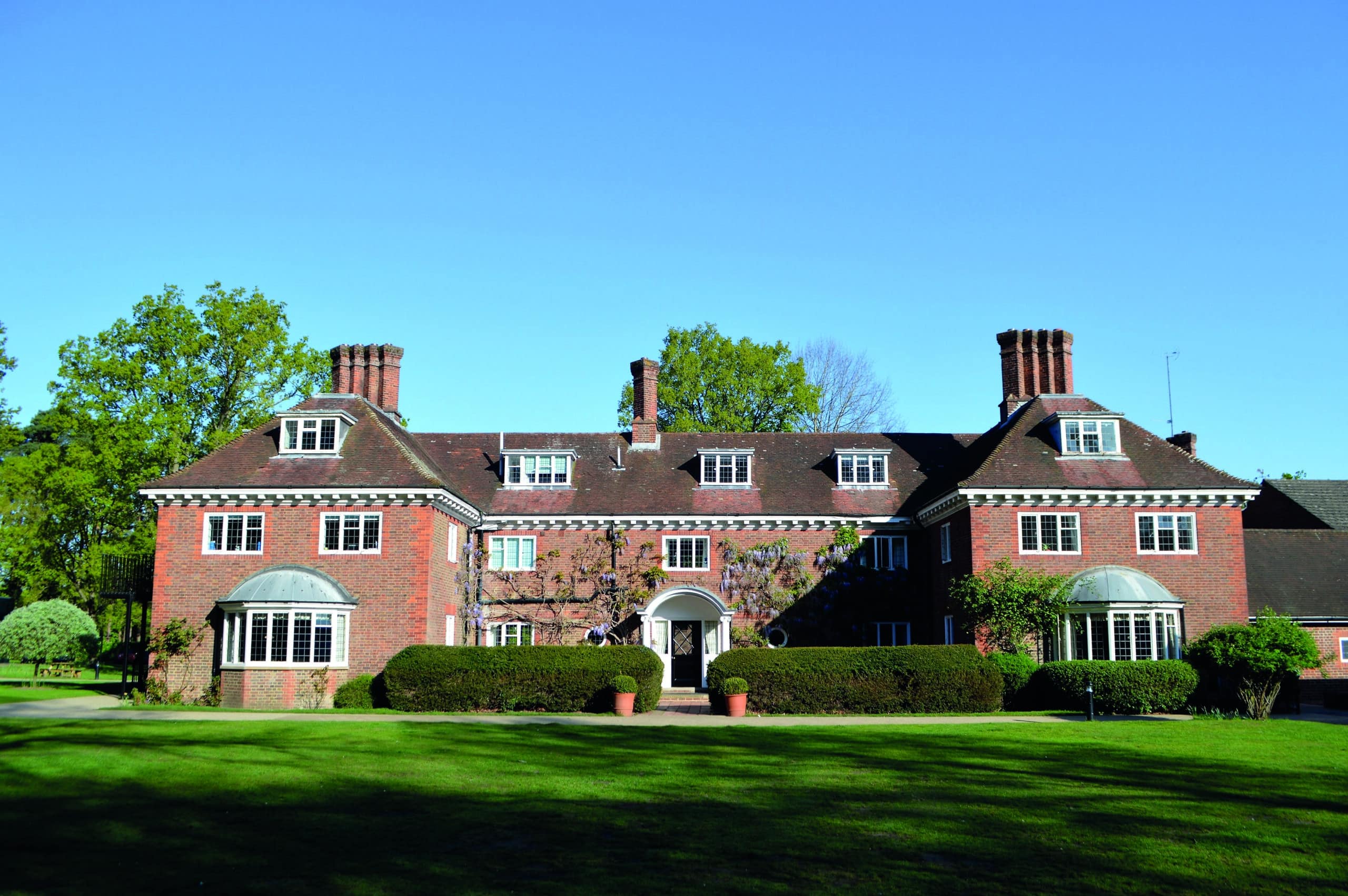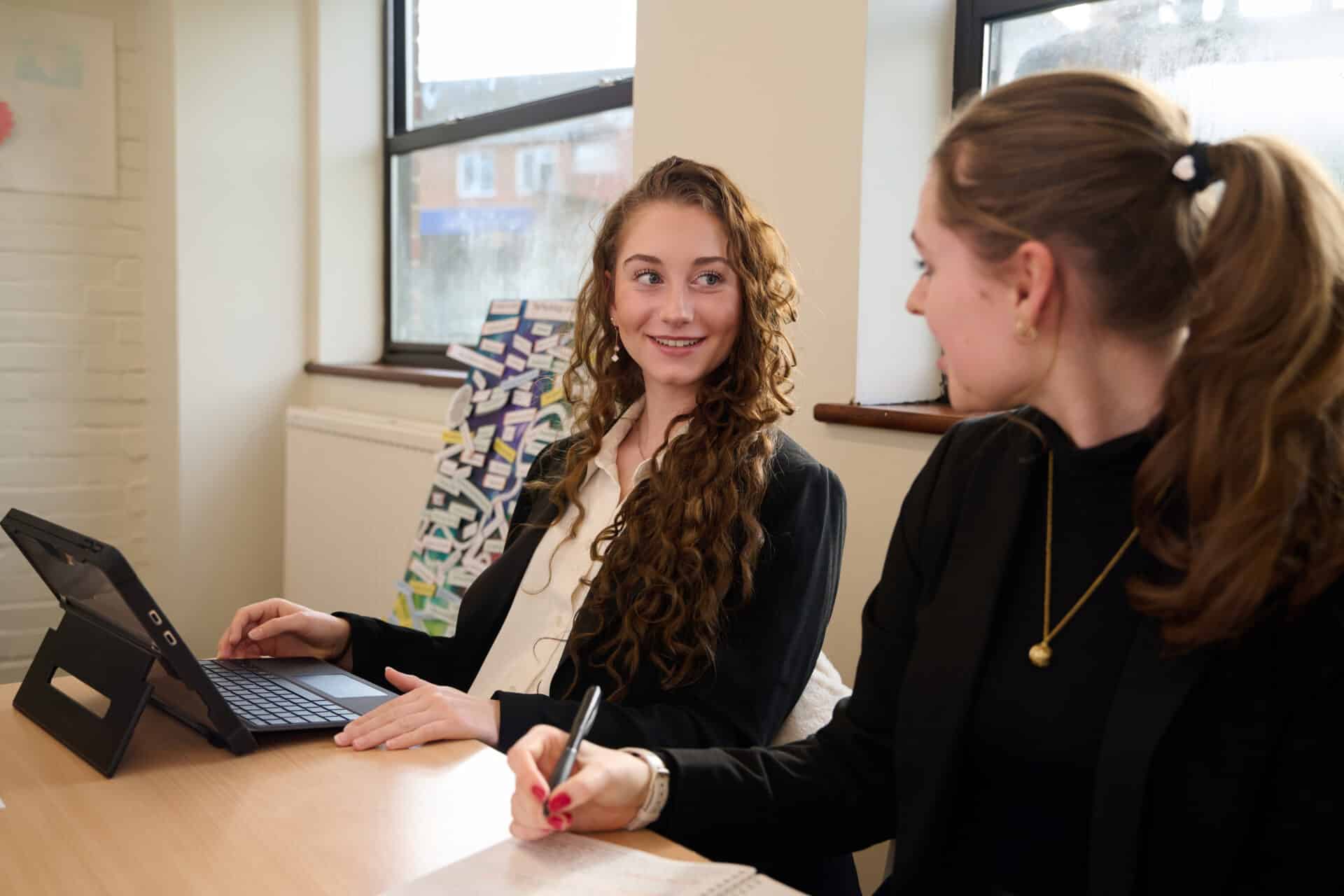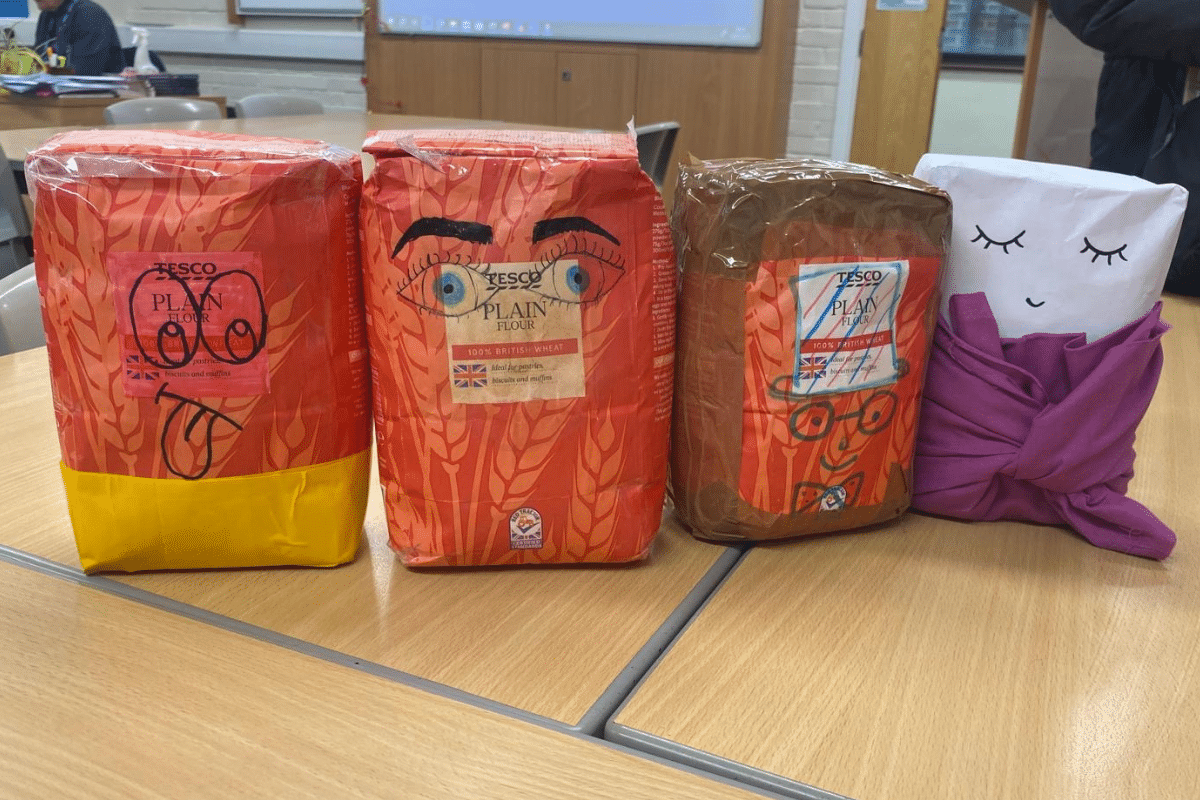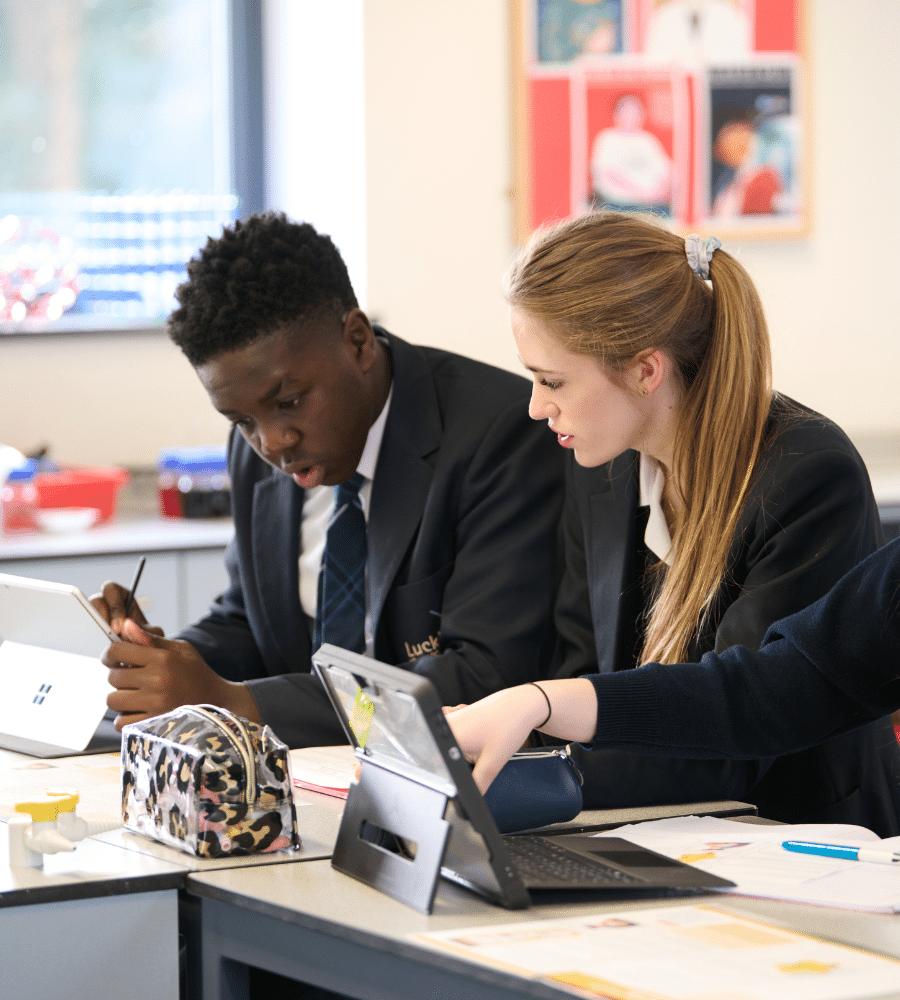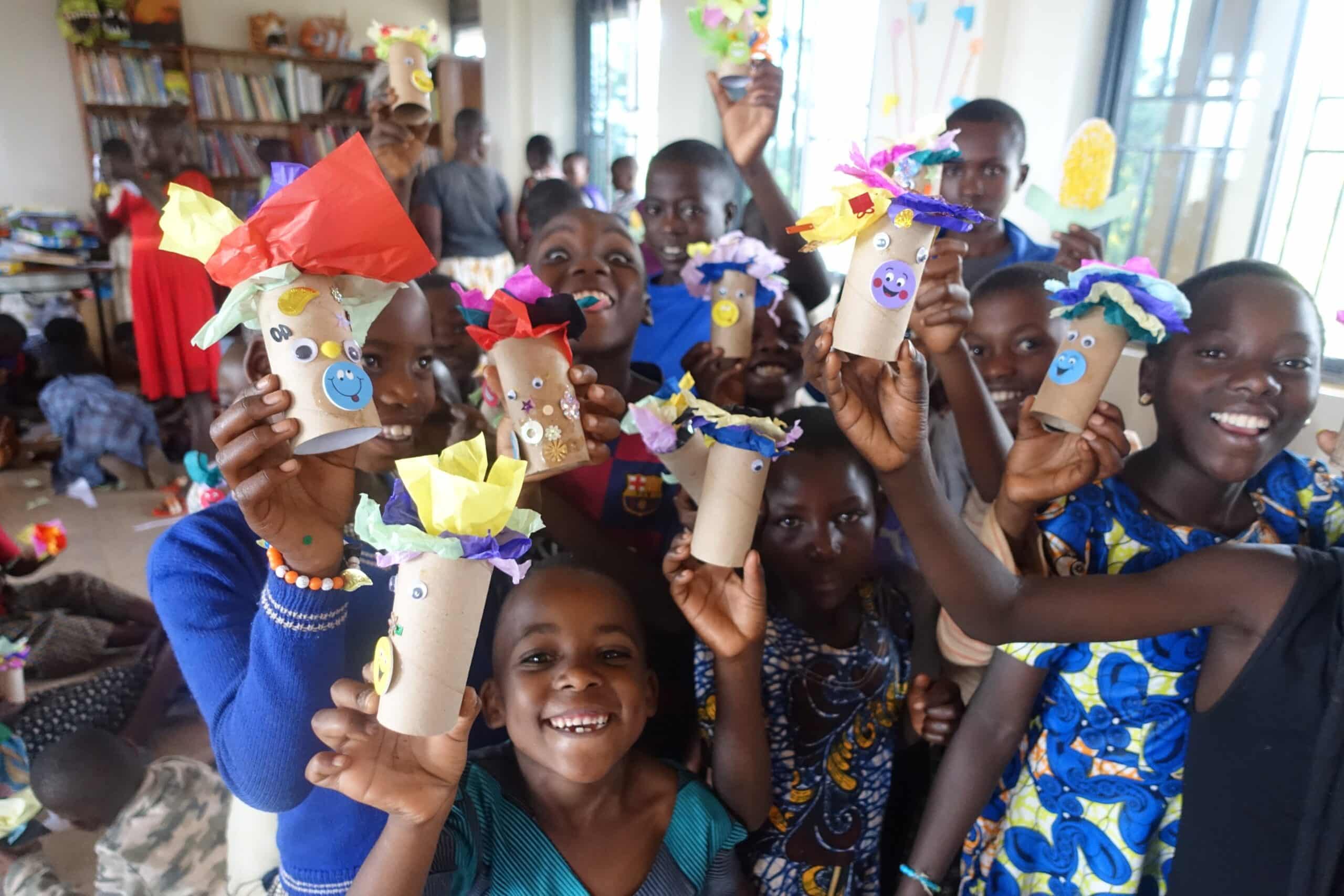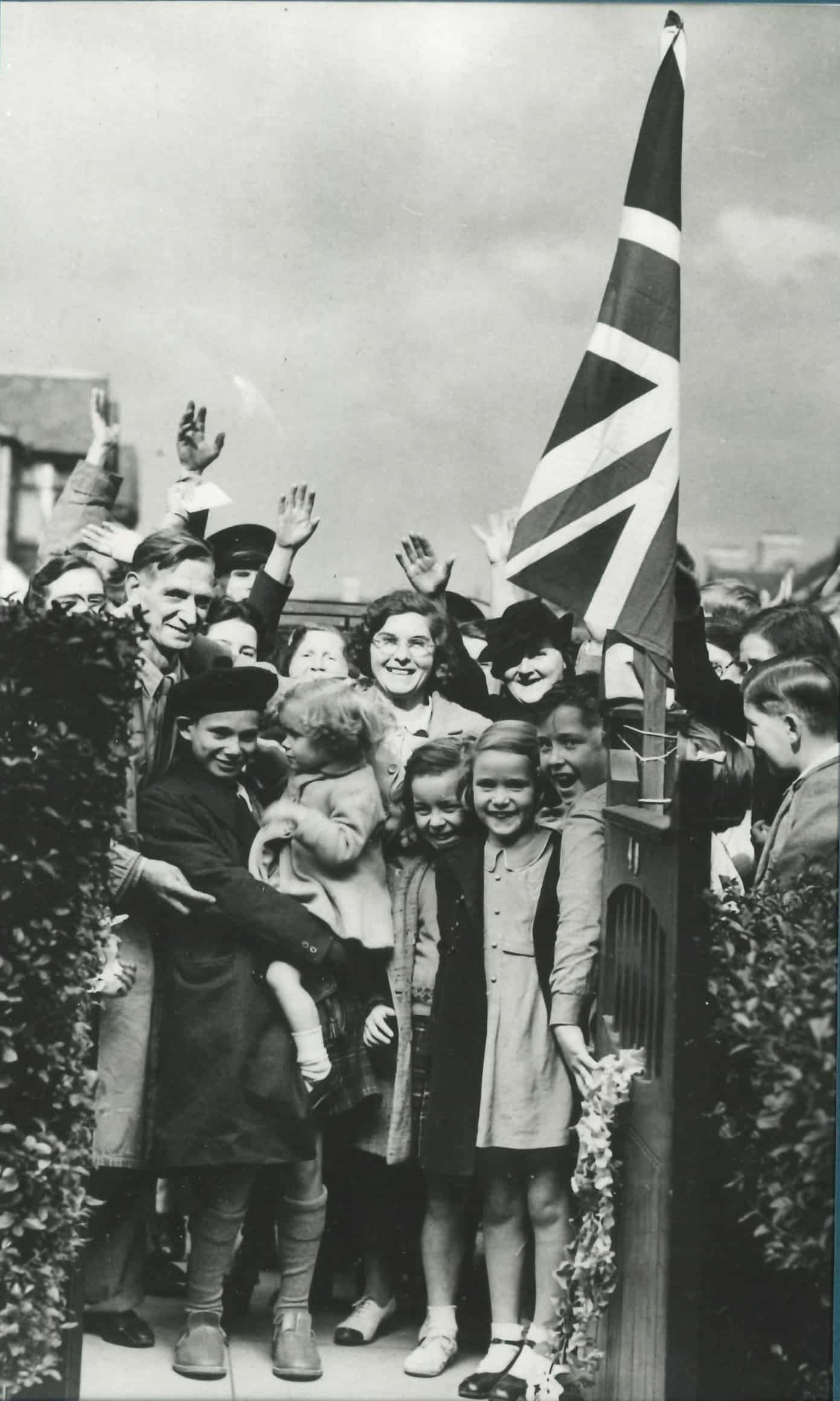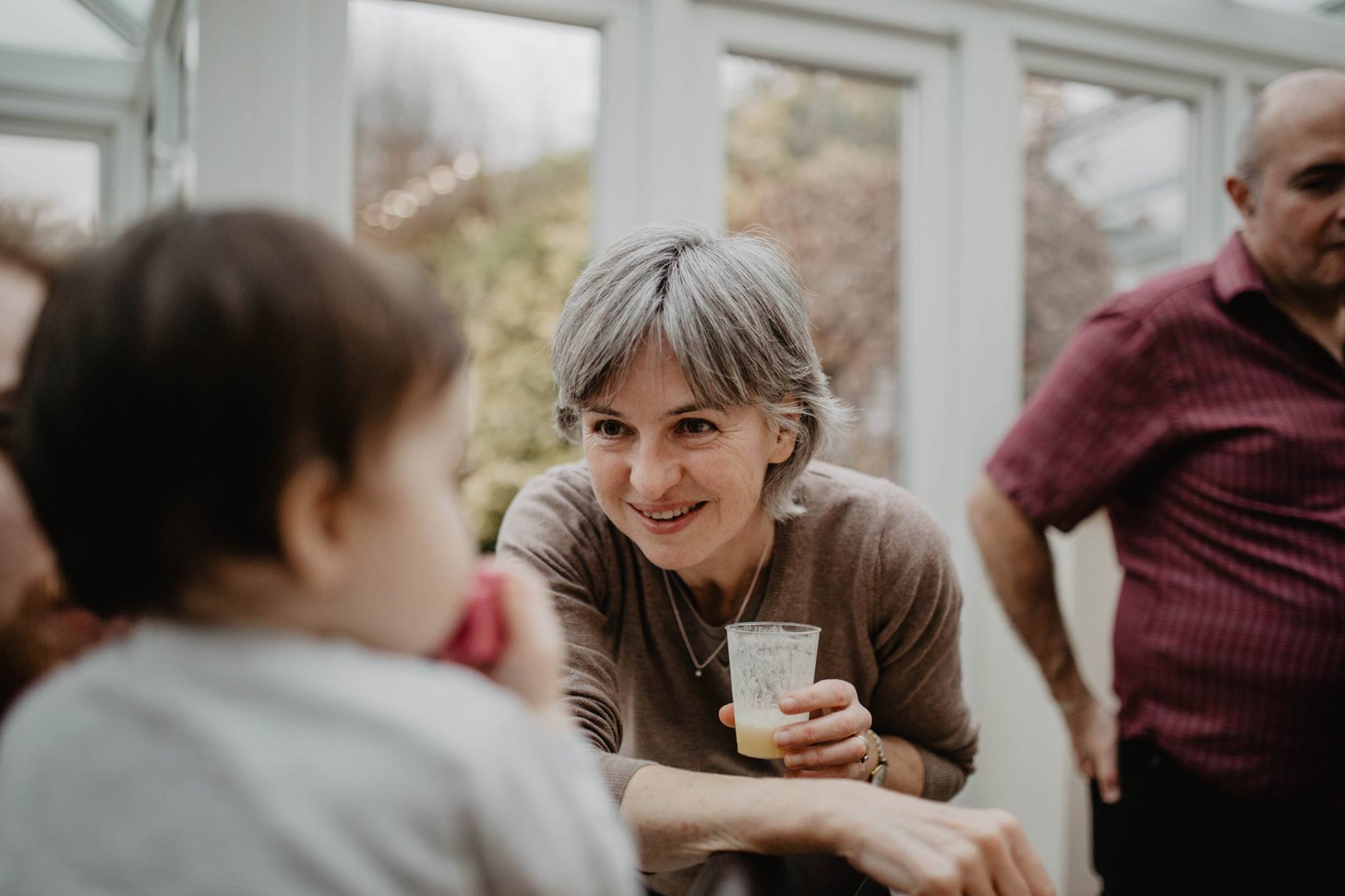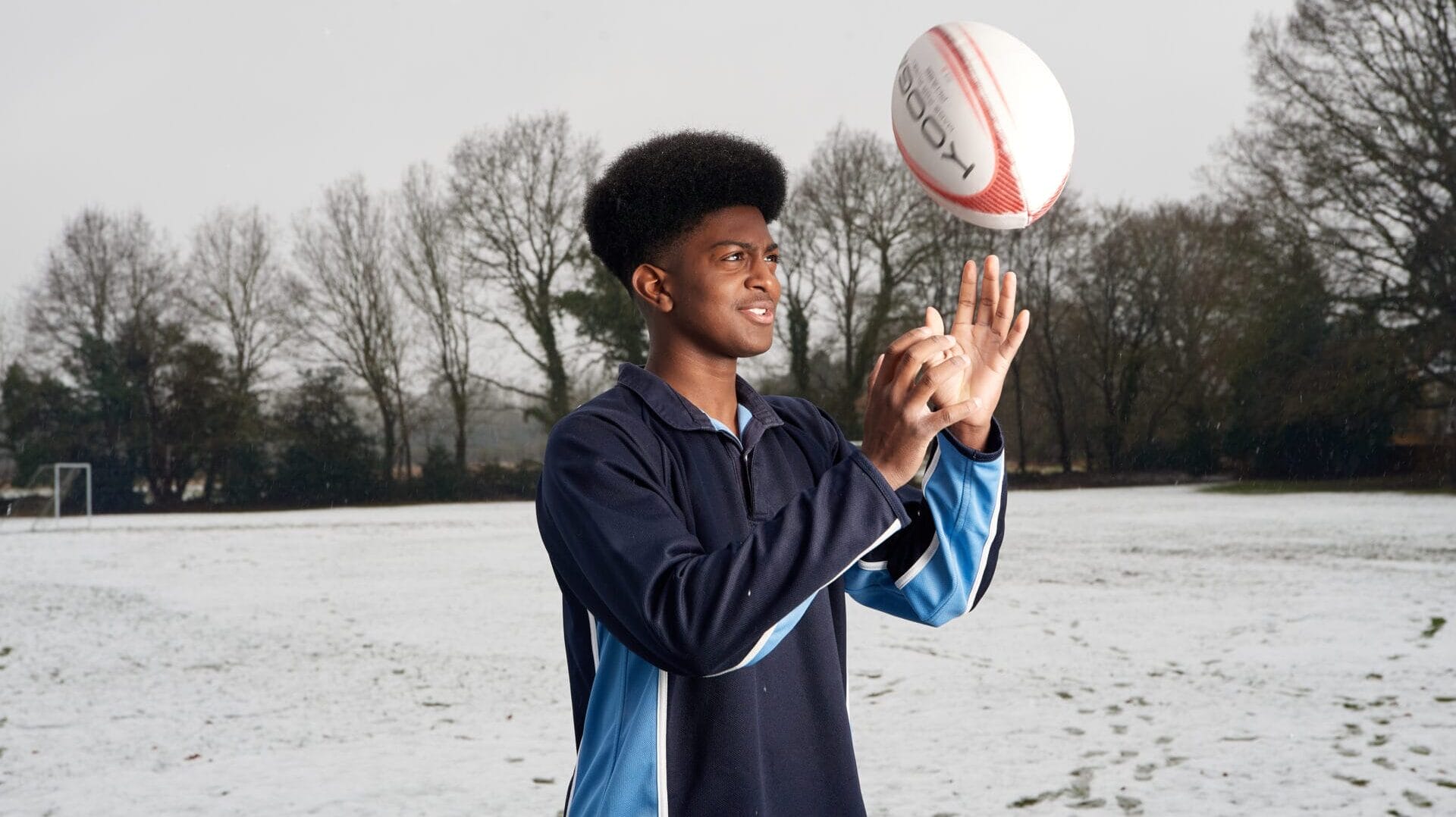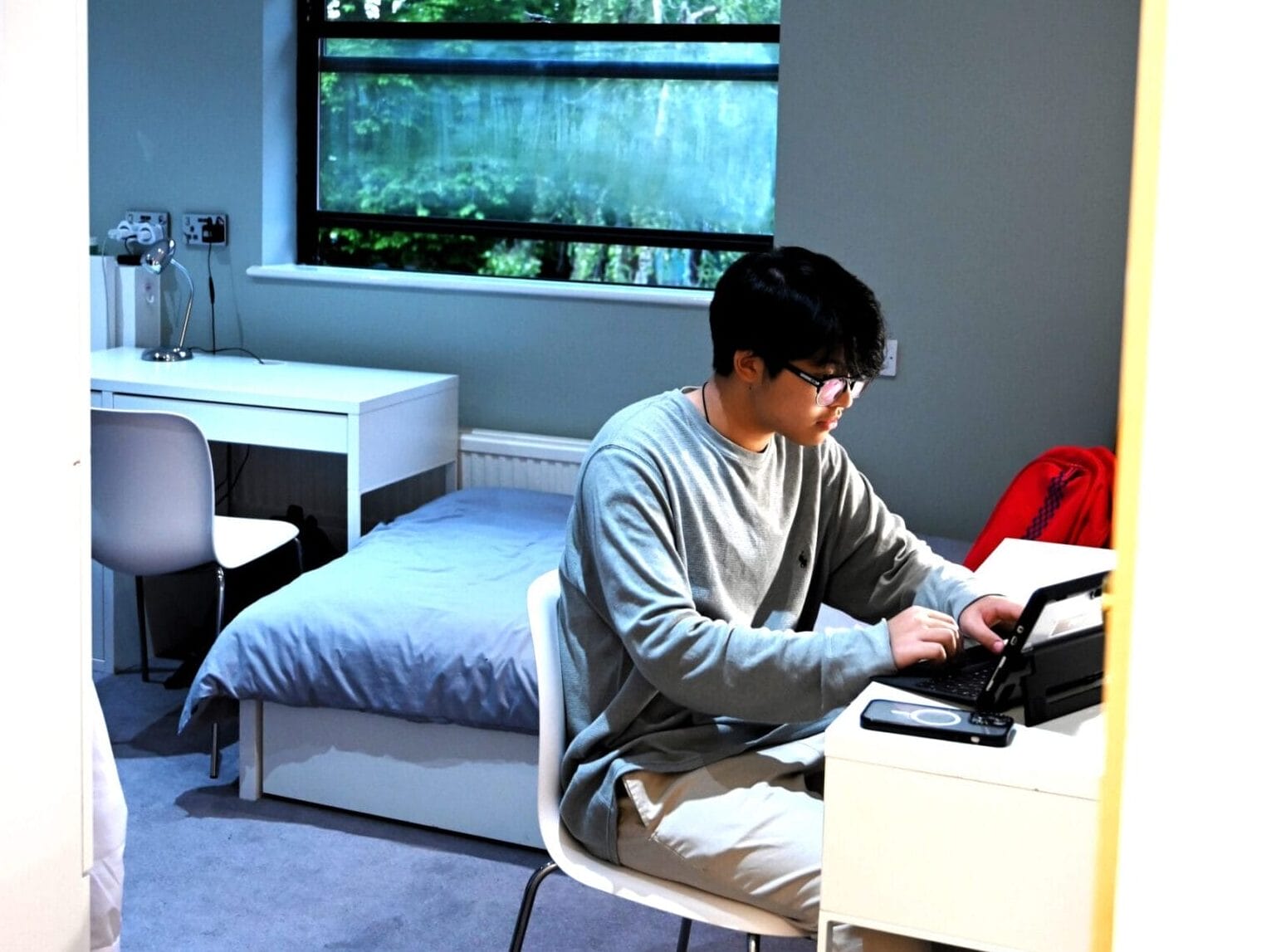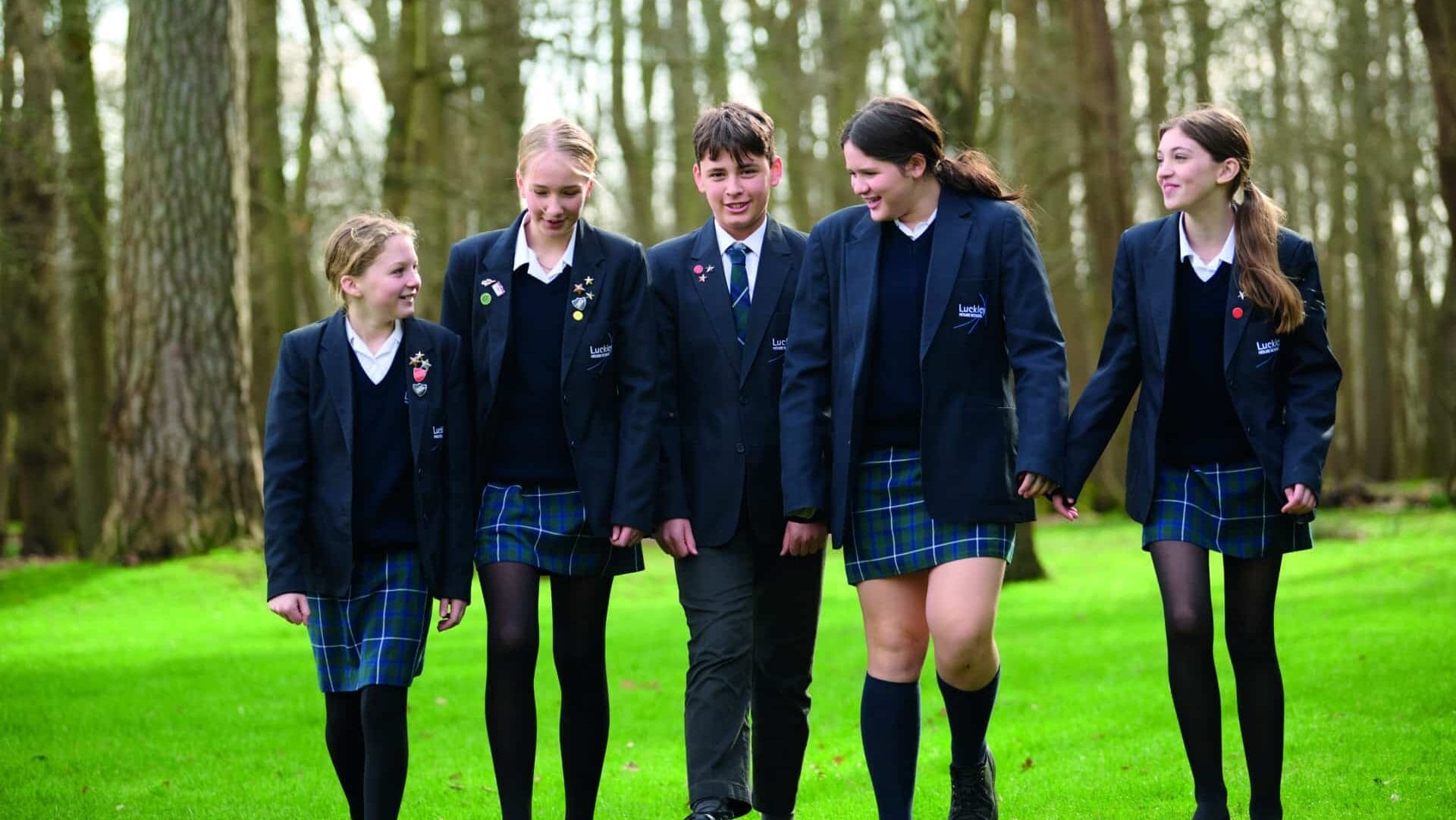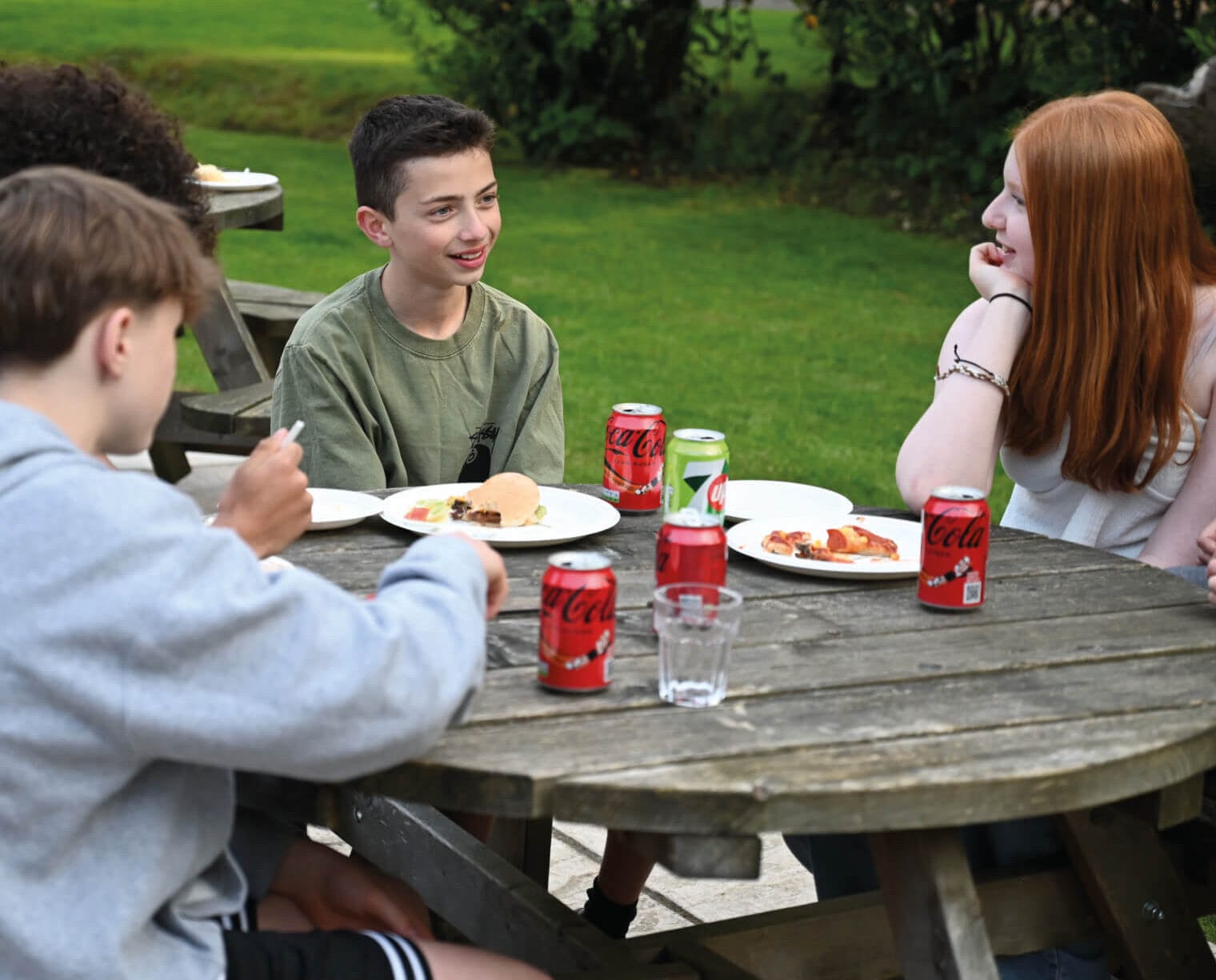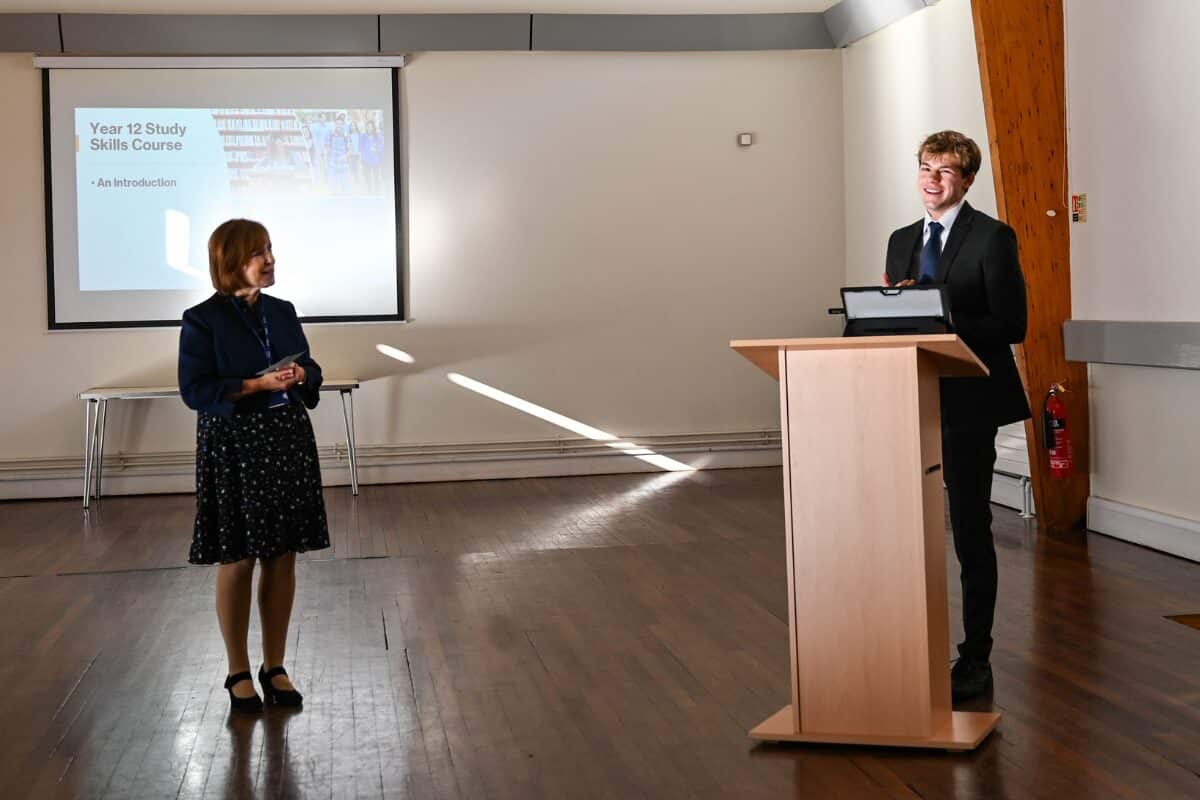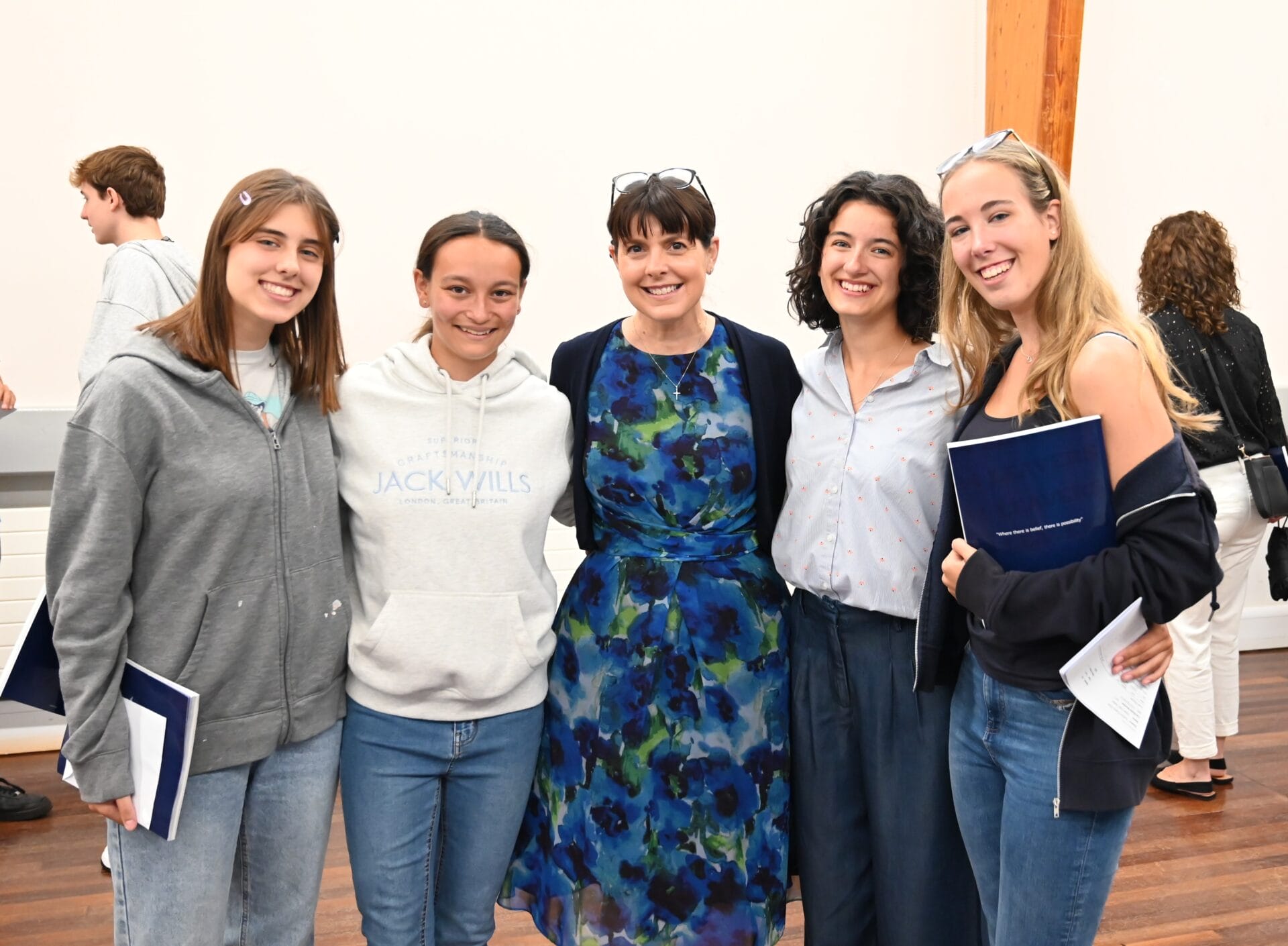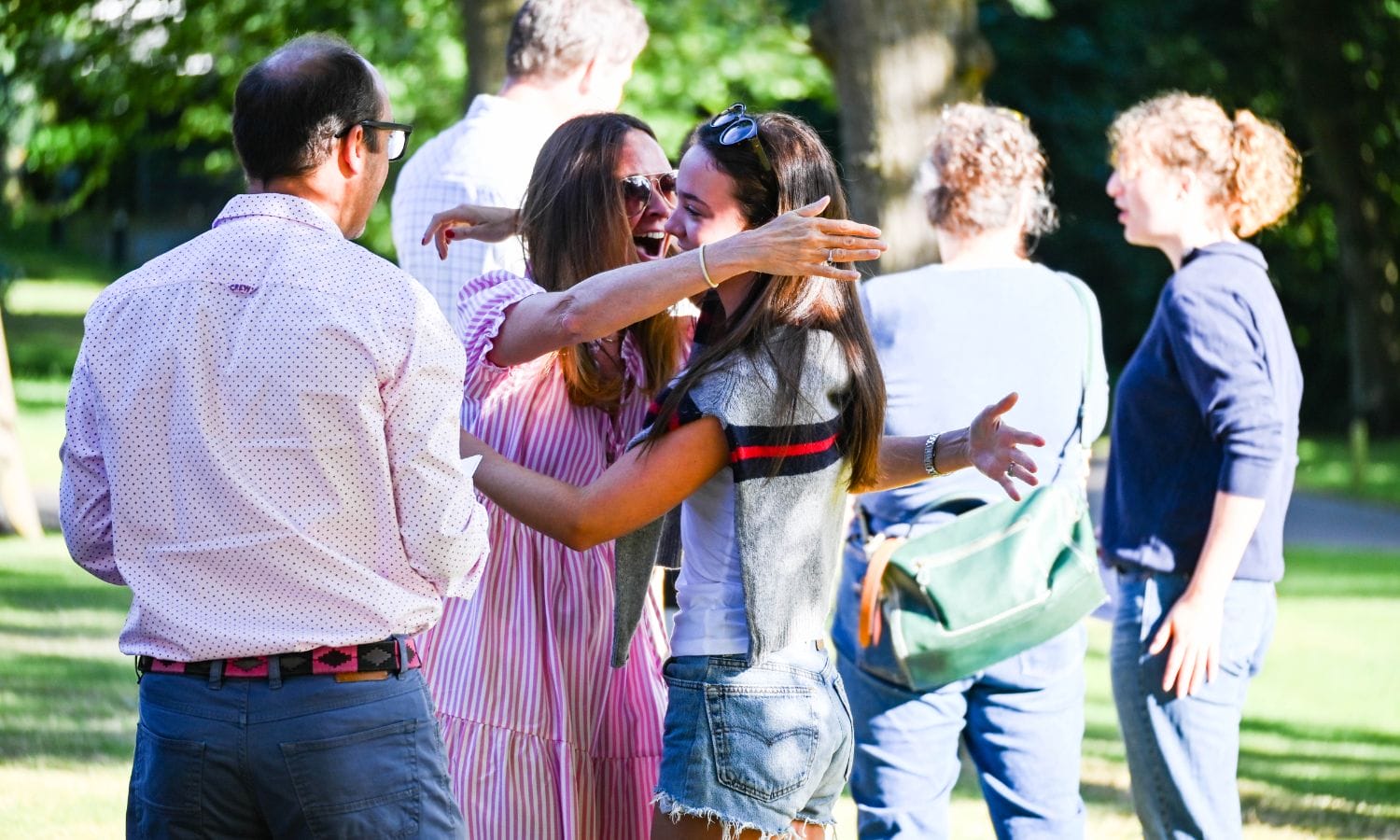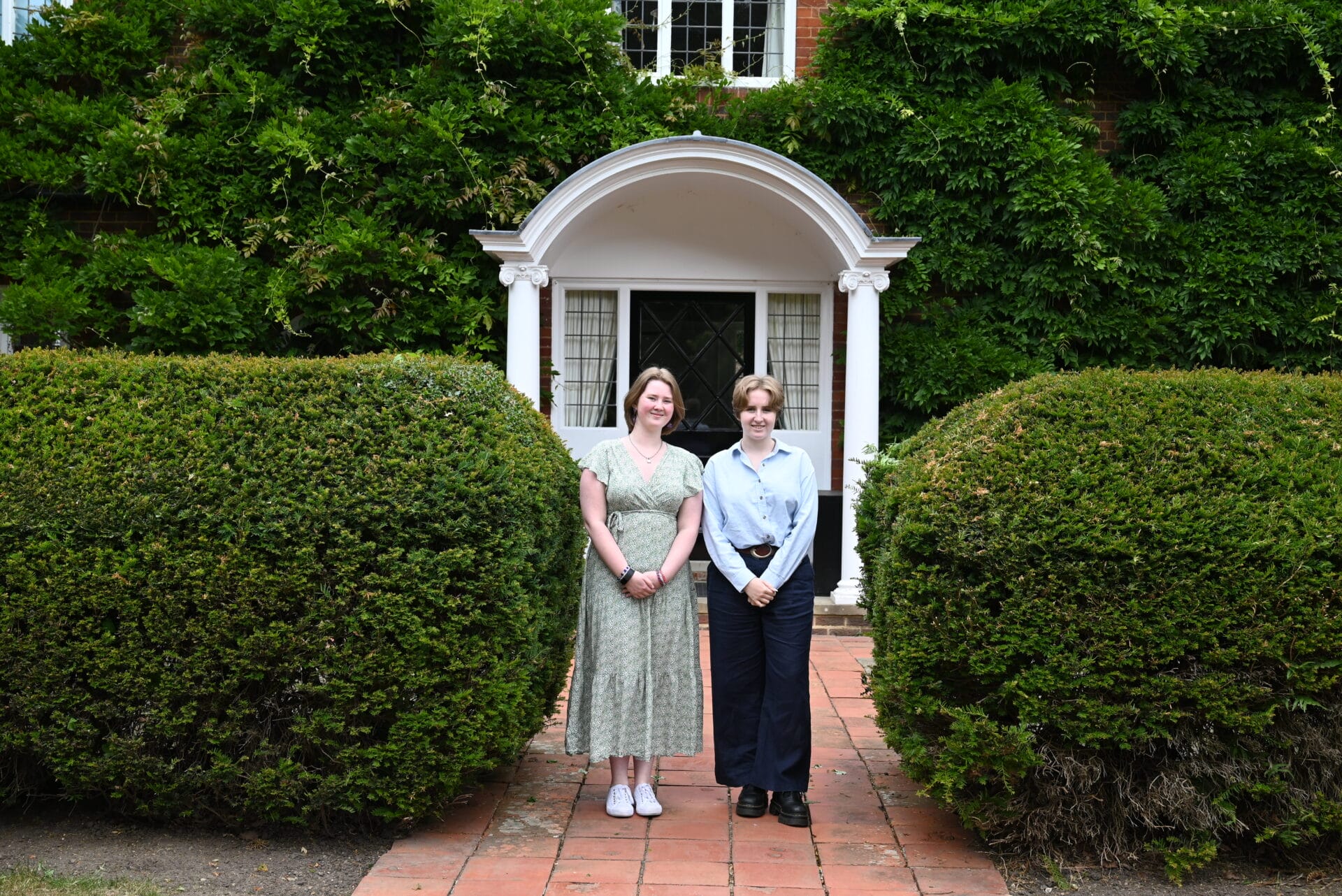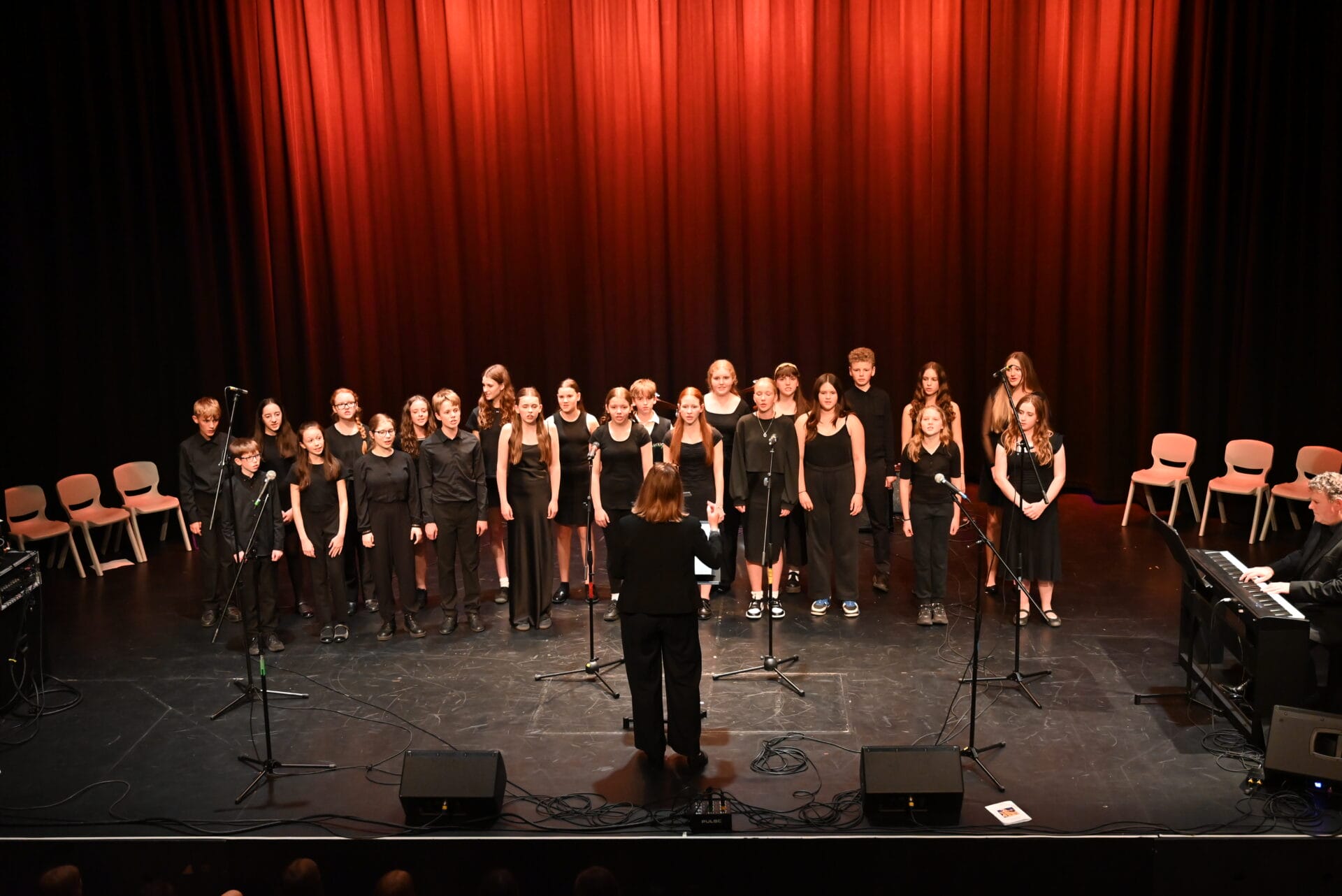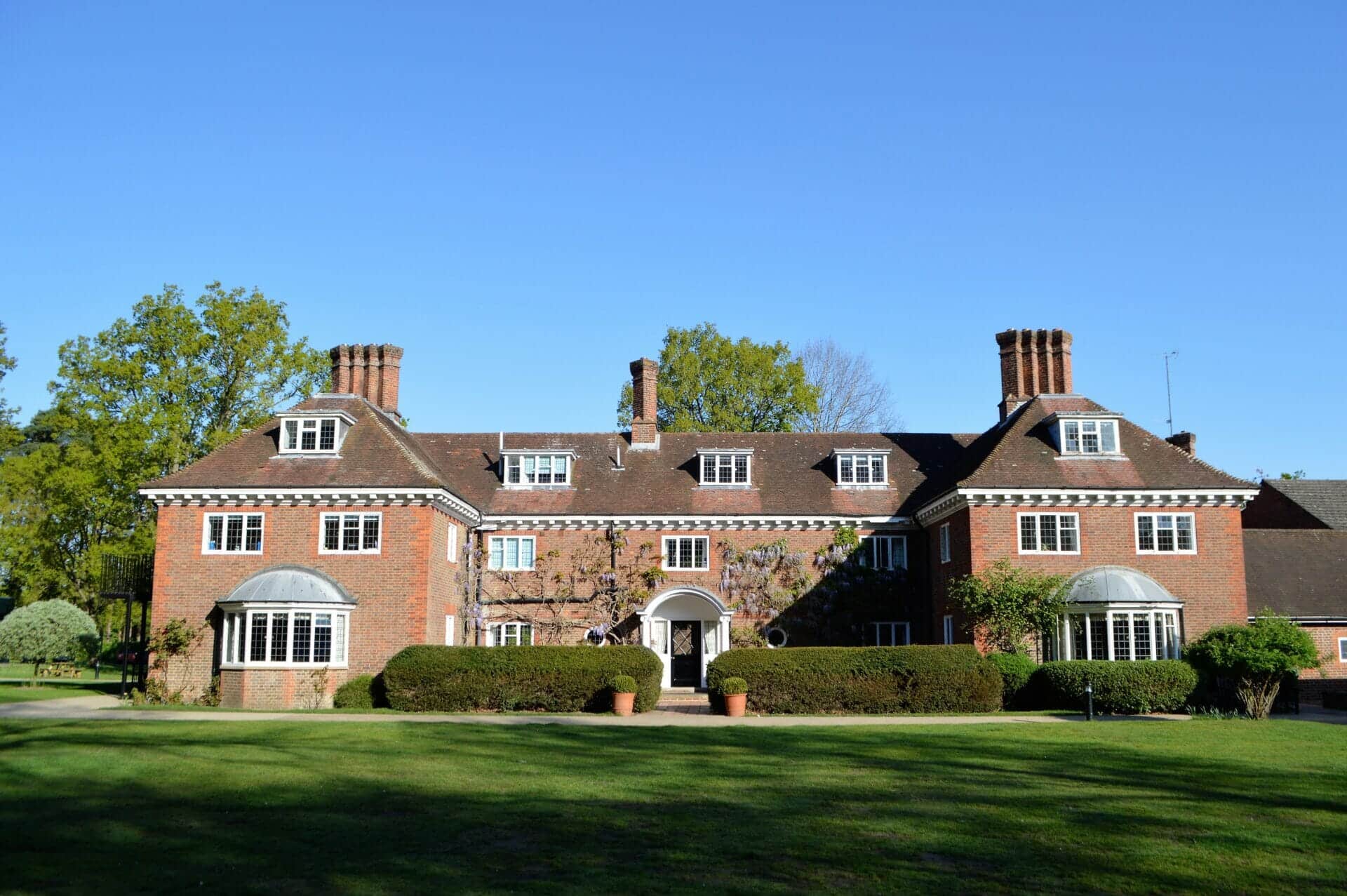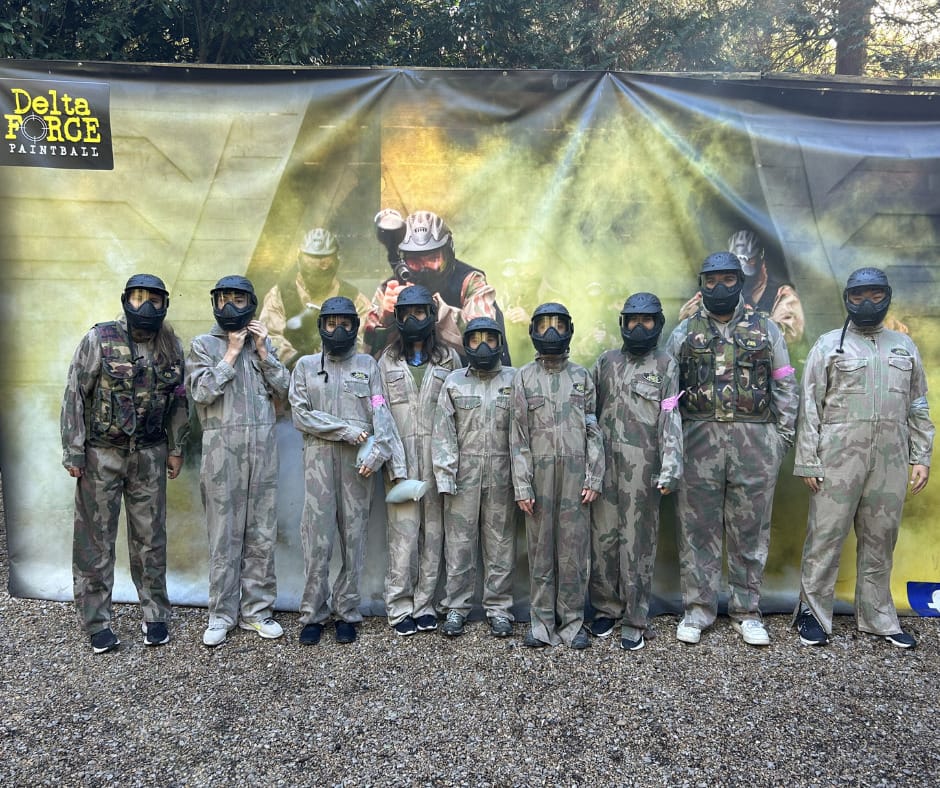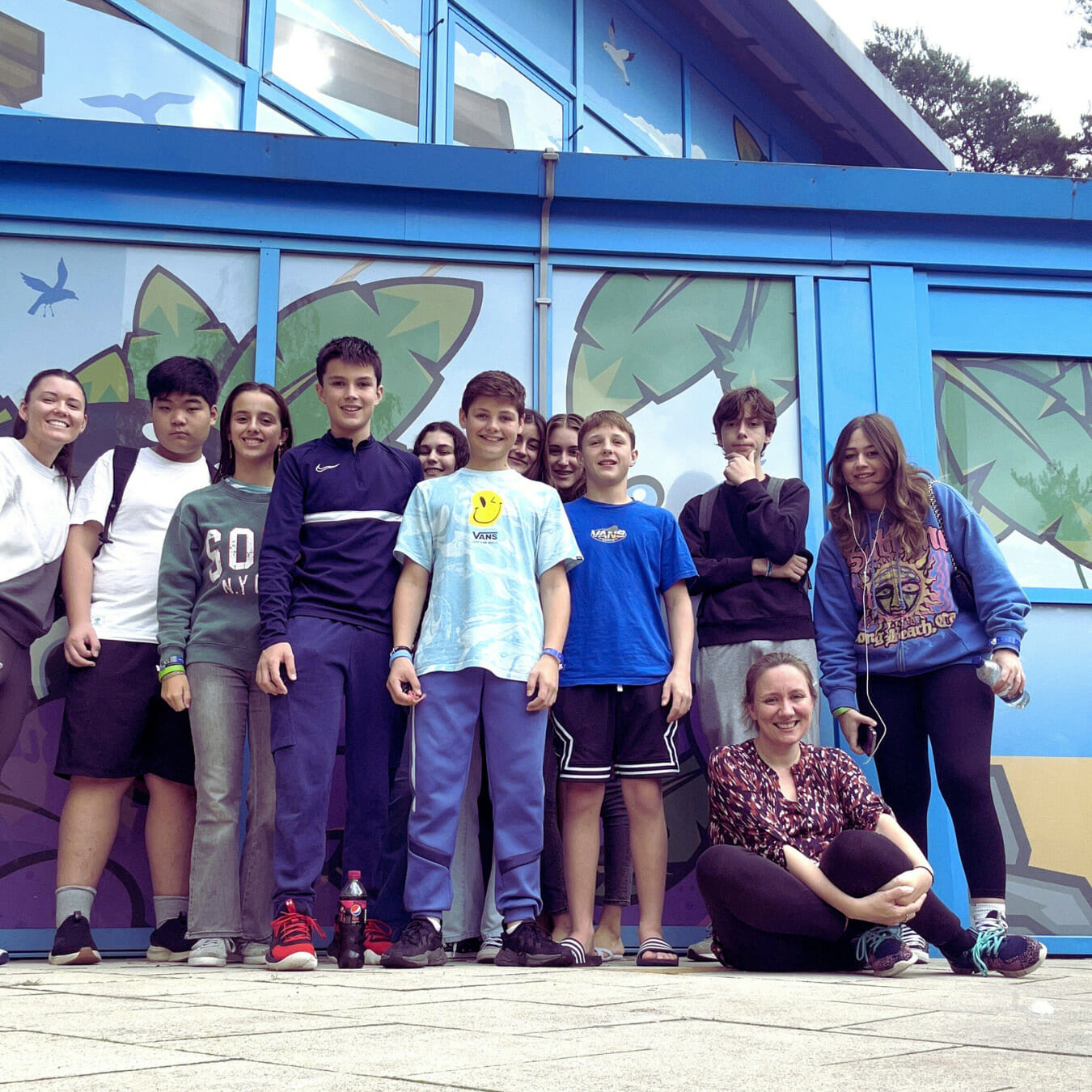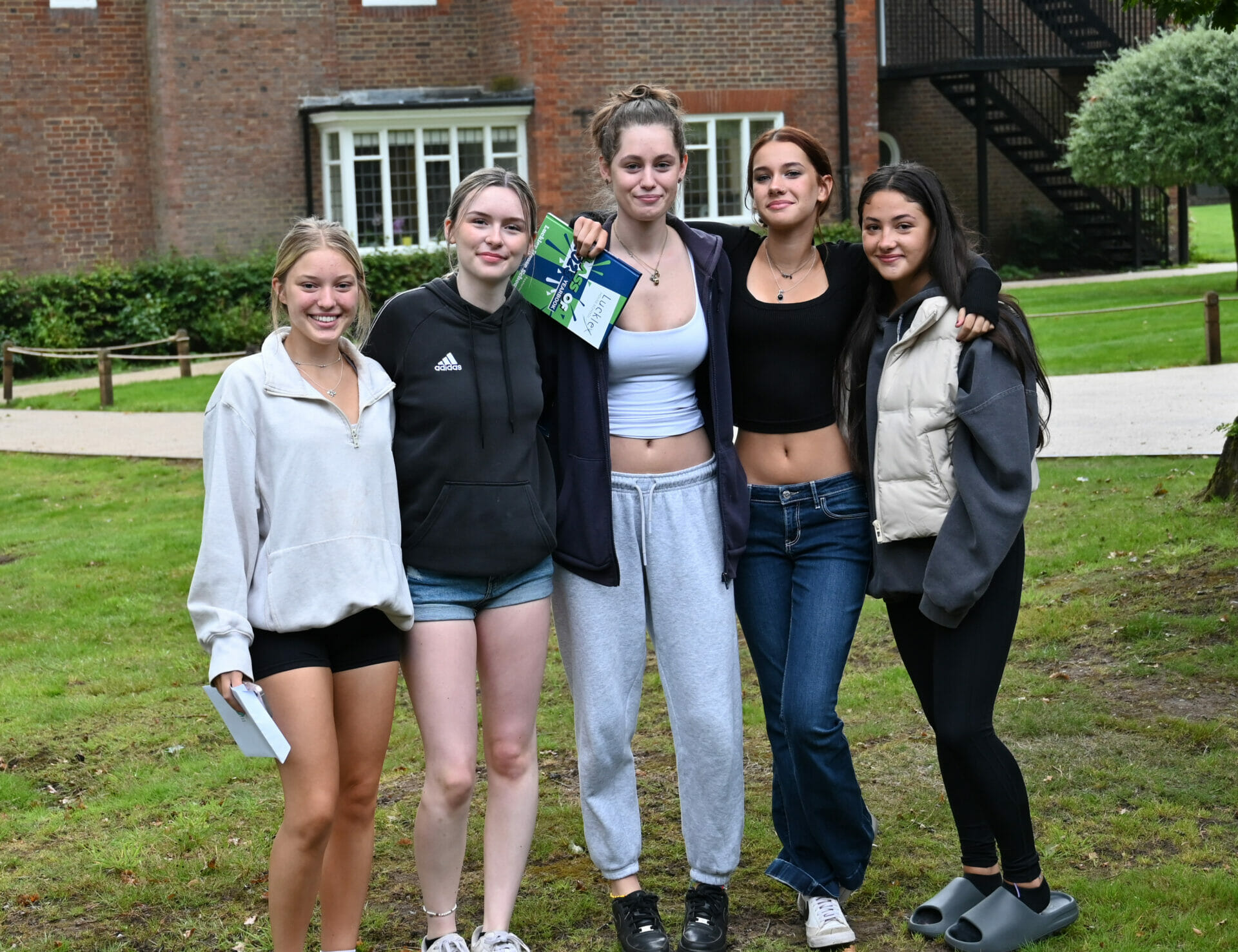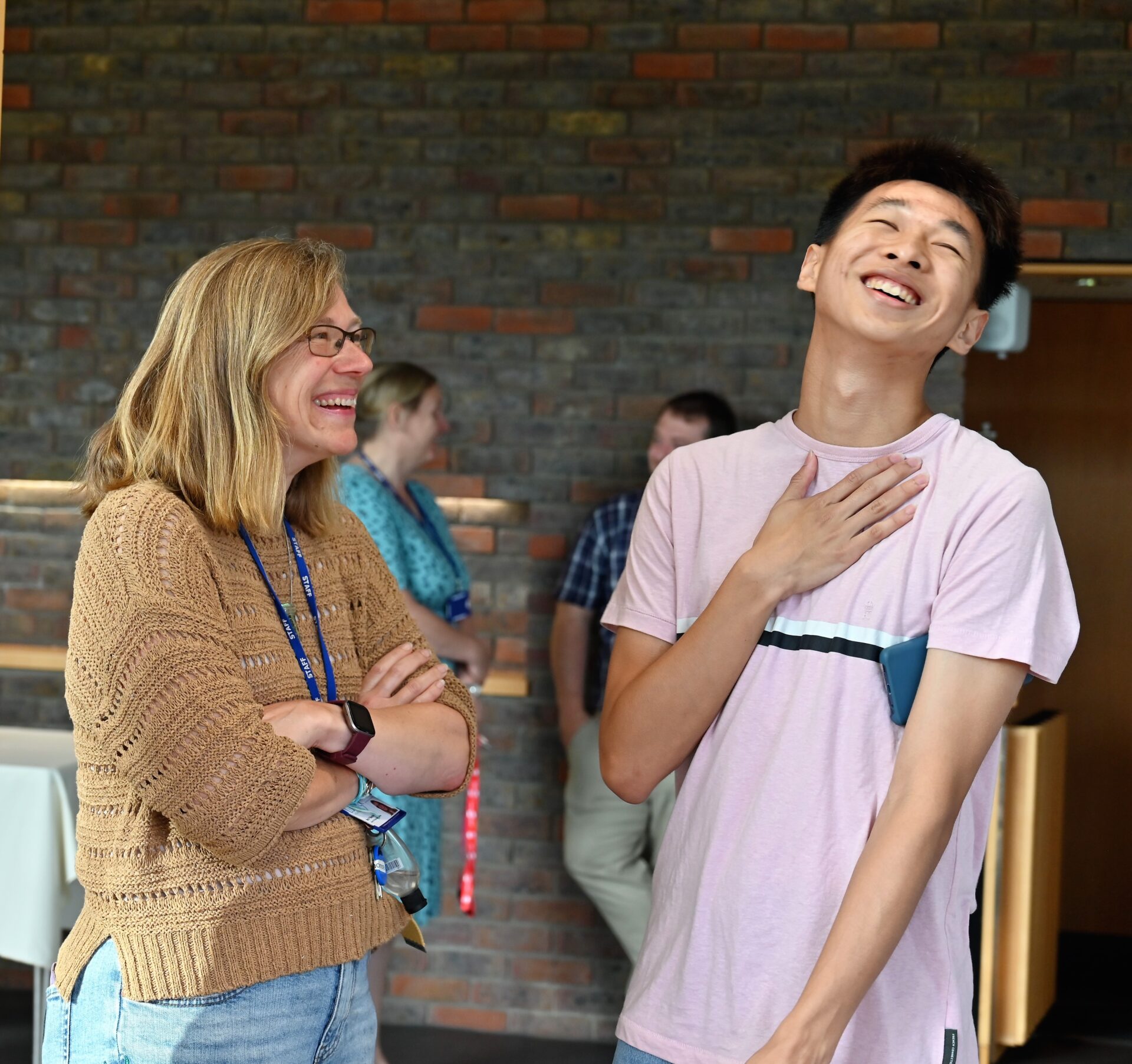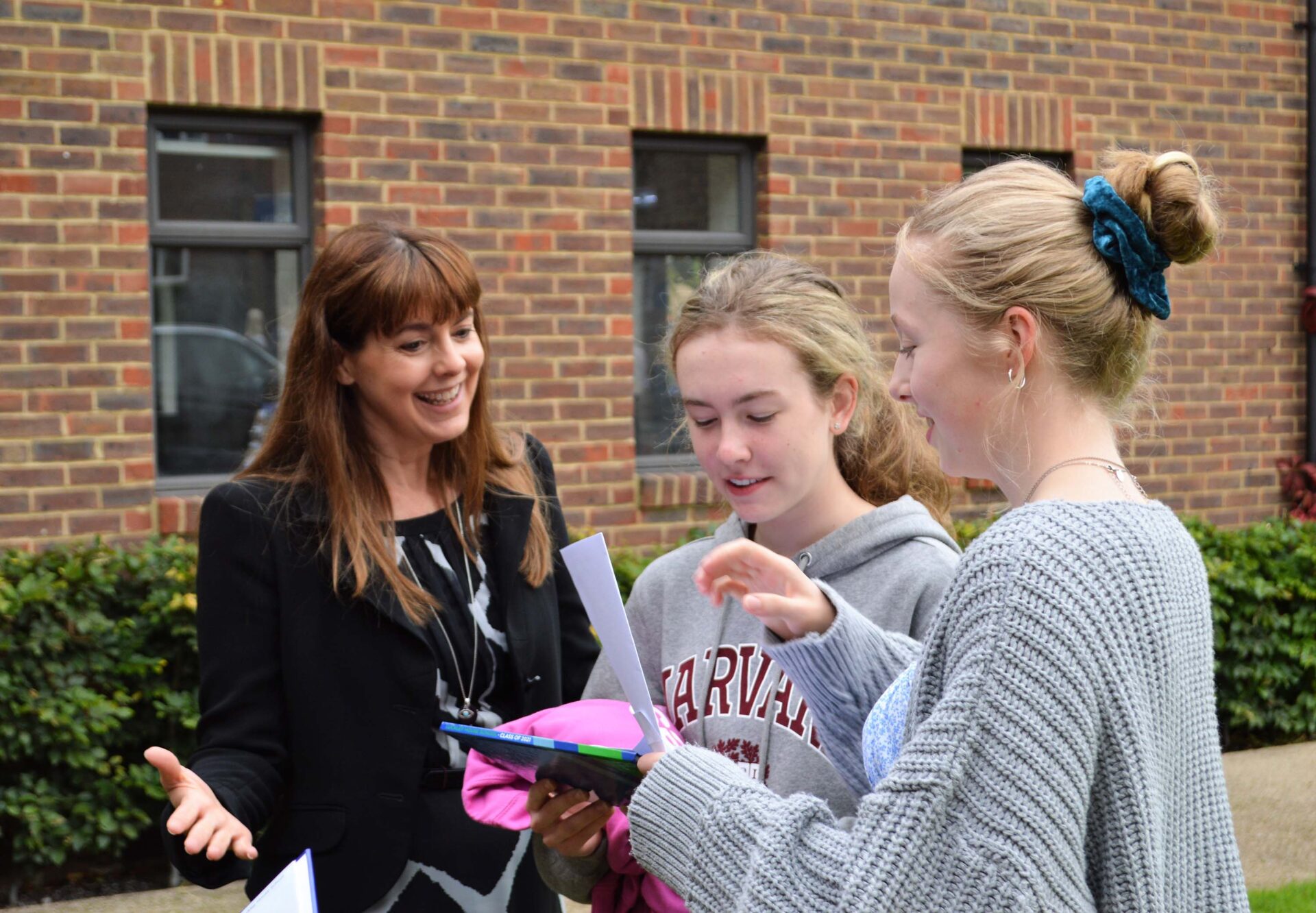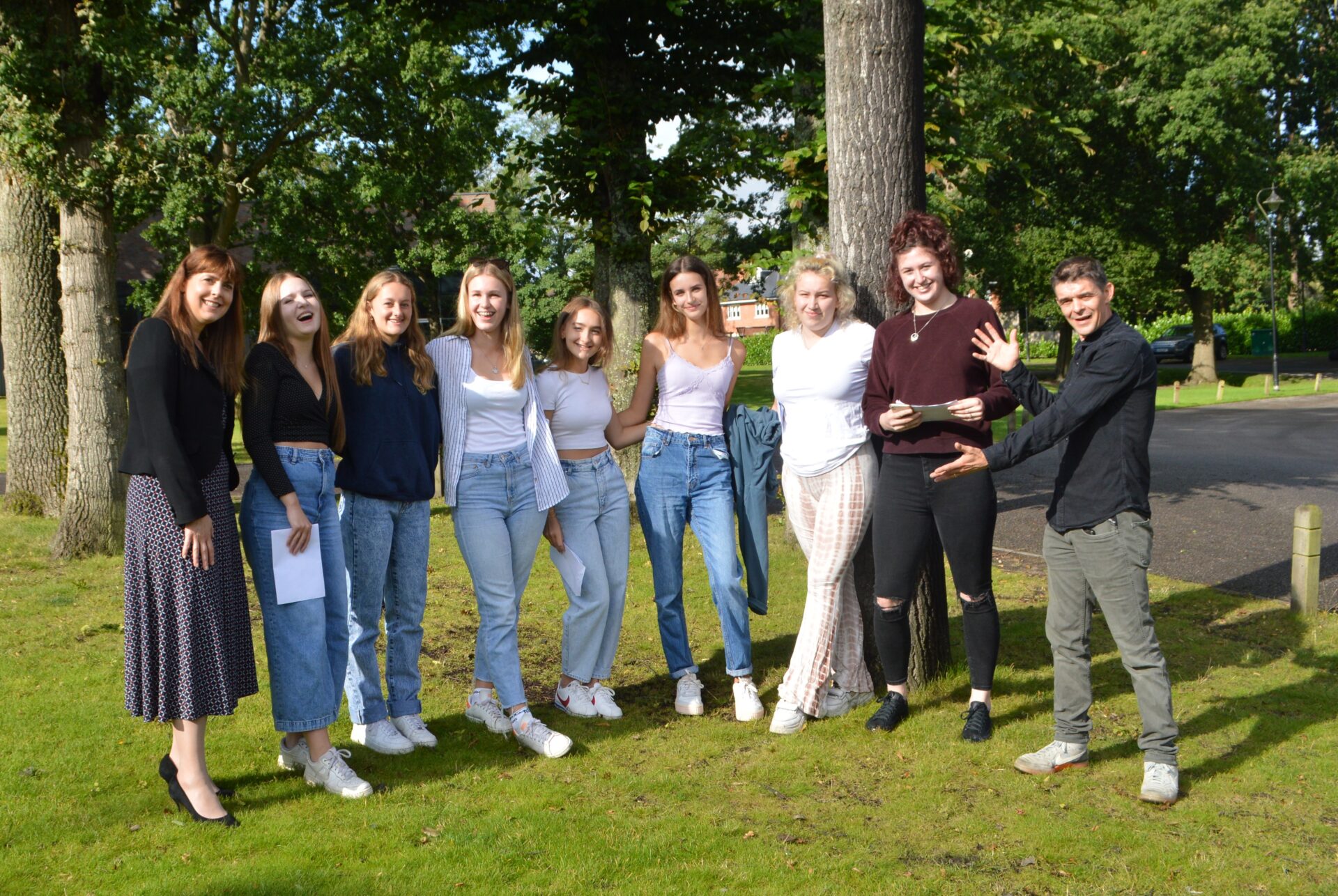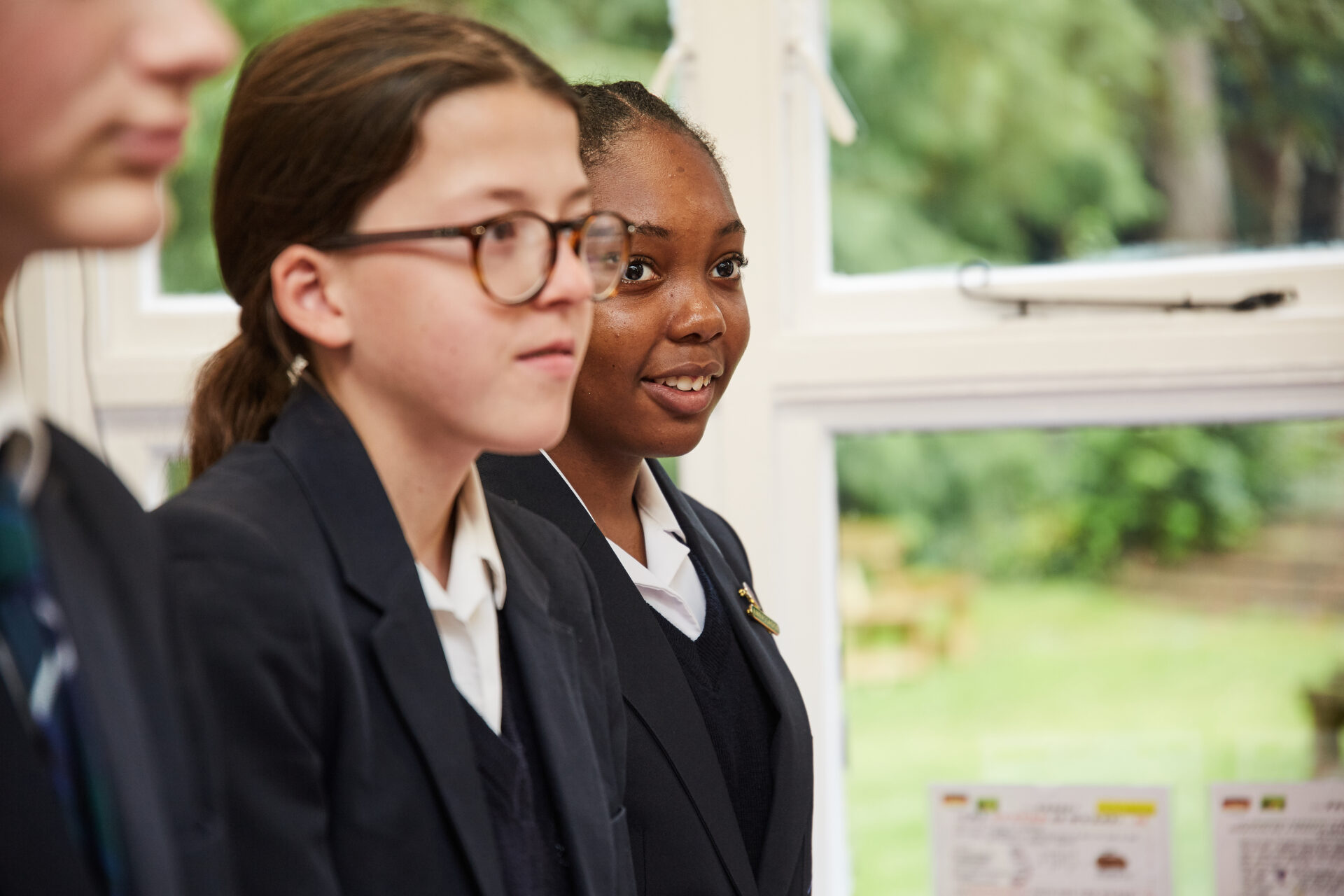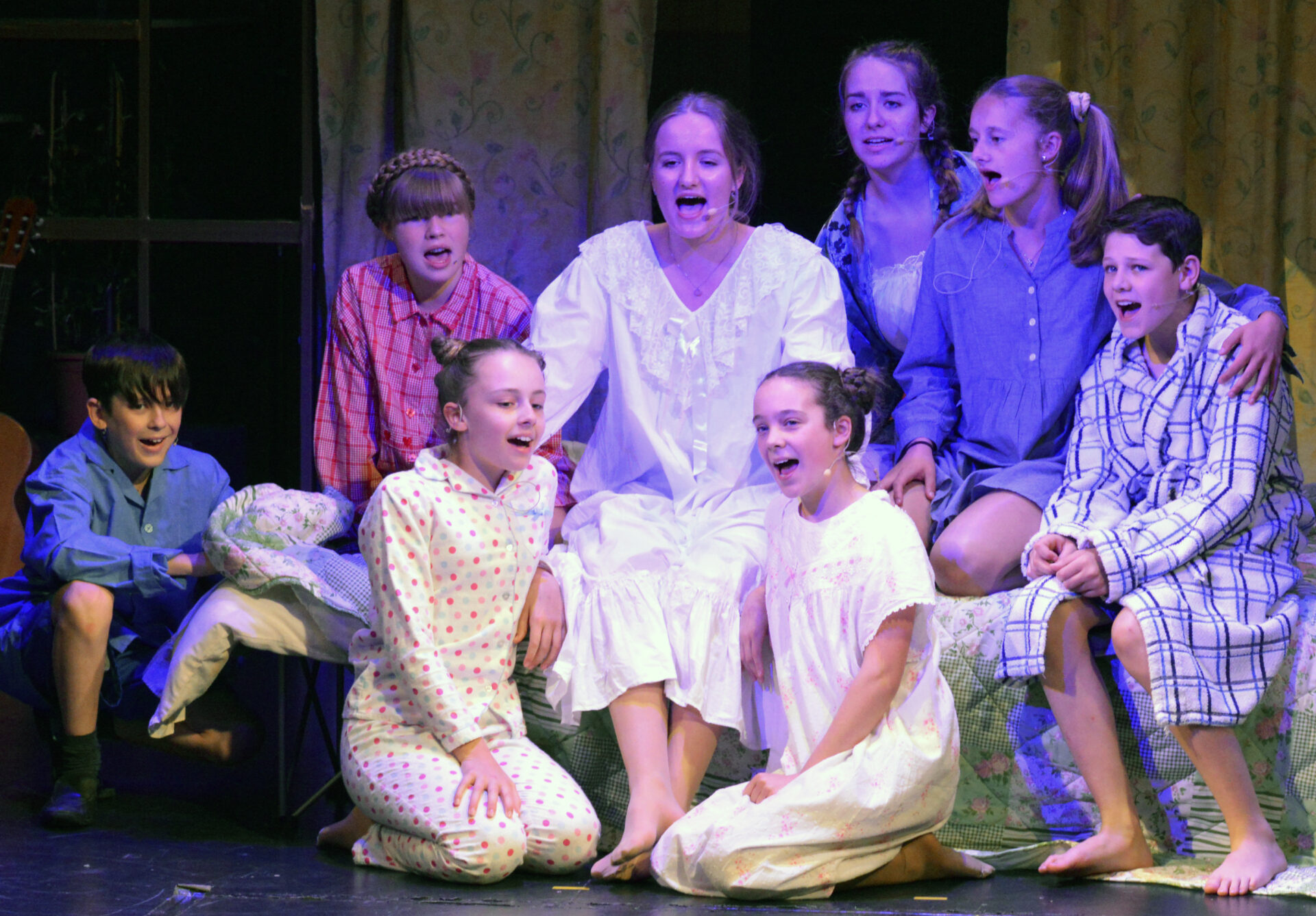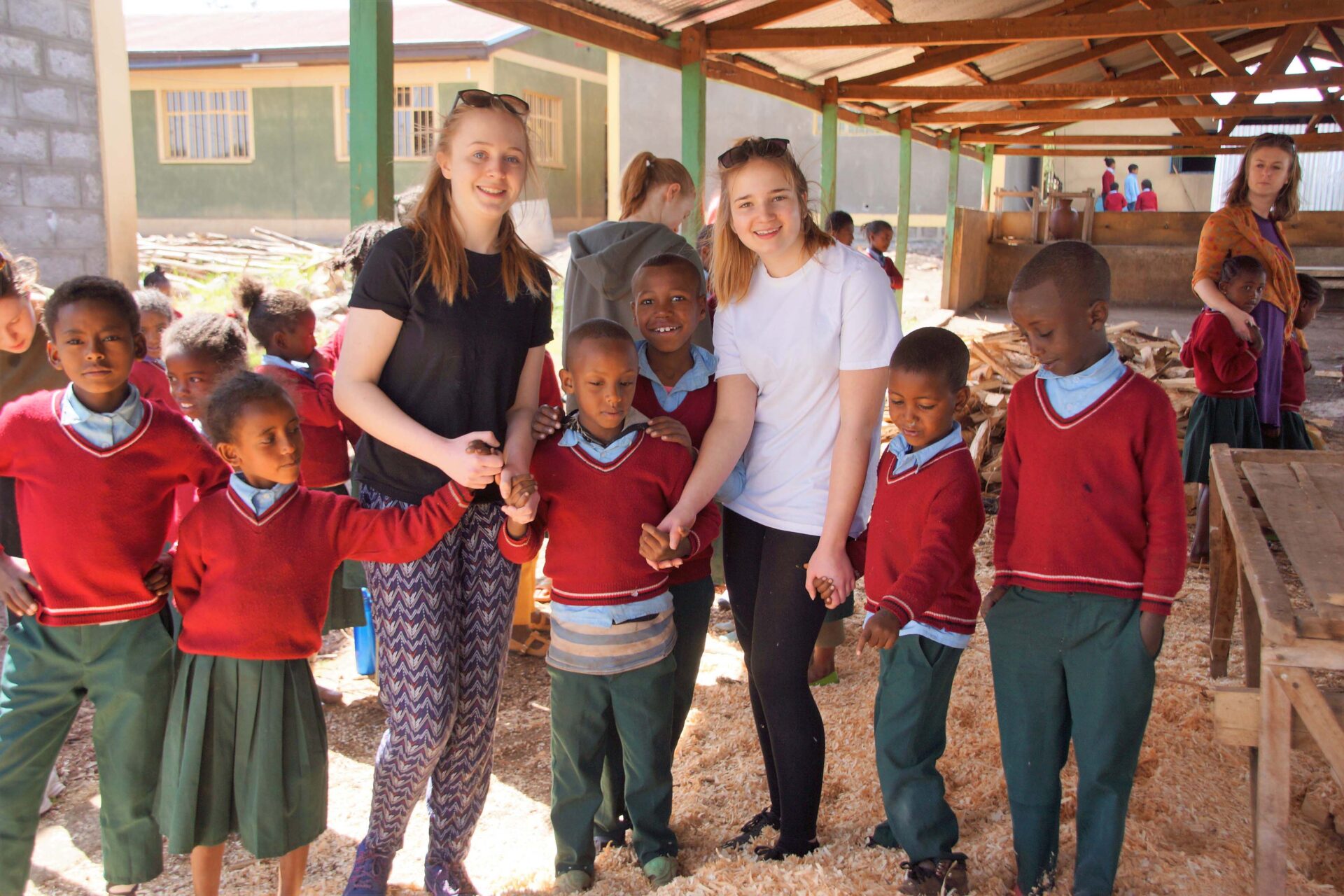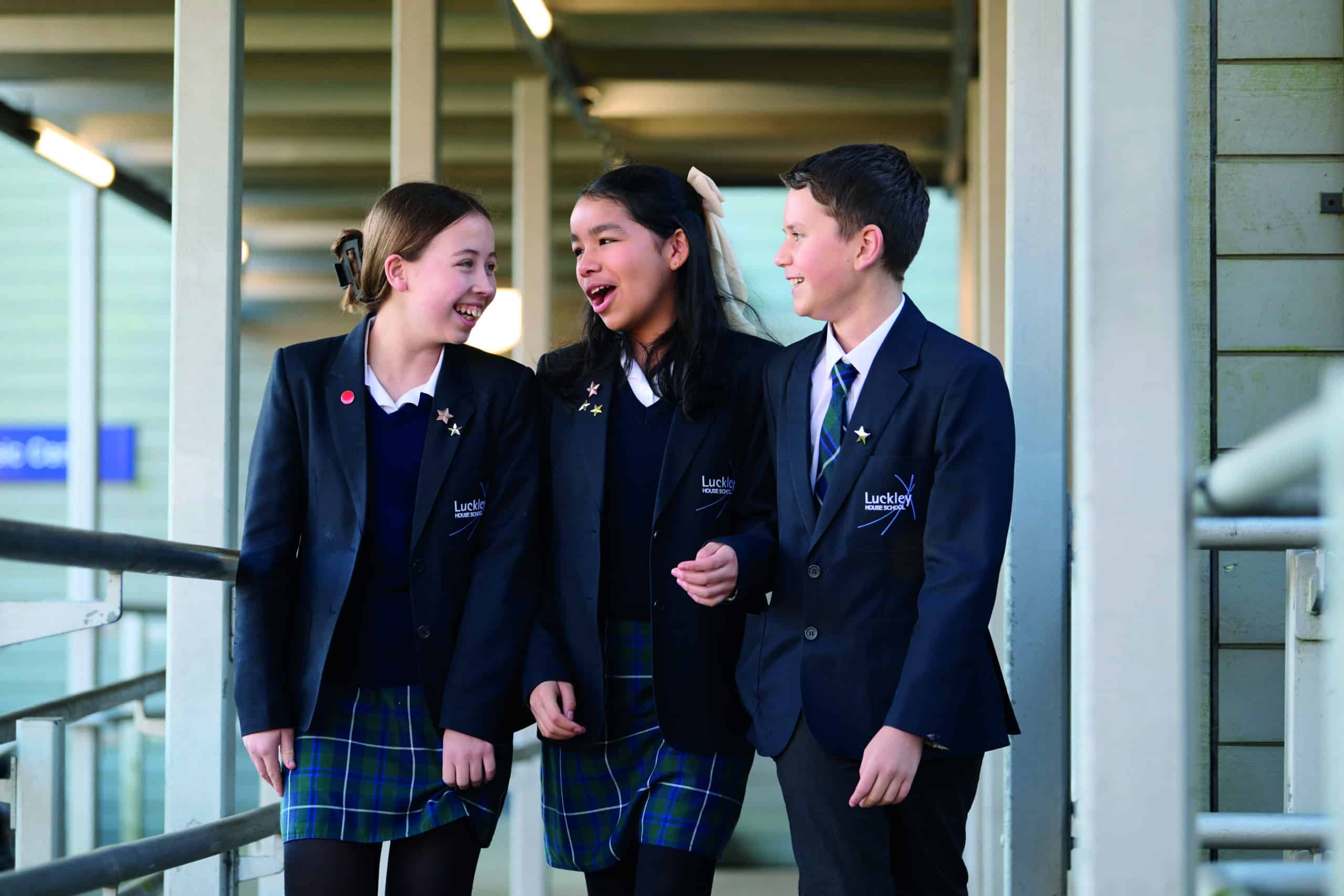
When it comes to choosing the right independent school for your child, one question often arises: Should your child attend a single-sex school or a co-educational school? While both have their merits, co-educational independent schools provide a unique set of benefits that equip young people not just academically, but socially and emotionally, for life beyond the classroom.
At Luckley House School, an independent day and boarding school in Berkshire, we are passionate about the advantages of educating boys and girls together, and we see firsthand how this approach helps our pupils flourish.
About UsWhat is Co-Education?
Co-education, sometimes referred to as mixed education, is the practice of educating boys and girls together in the same learning environment. Rather than separating pupils by gender, co-educational schools encourage children to learn, collaborate, and develop alongside one another throughout their school years.
In England, most secondary education was single-sex until the 1970s, when many schools began to adopt a co-educational structure. Today, the majority of Independent Schools Council (ISC) schools are co-educational.
The Benefits of Co-Educational Schools
1. Reflects the Real World
Perhaps the most obvious benefit of co-education is that it mirrors the world outside school. In workplaces, universities, and social settings, men and women work side by side. Co-educational independent schools provide pupils with early experience of interacting with different genders in a positive and respectful environment. This exposure helps children build confidence and develop practical social skills that will serve them well in adulthood.
Education, at its heart, is about preparing young people for life. Beyond exams and grades, a school’s role is to nurture pupils into well-rounded, capable individuals. Academic achievement is important, but so too is the development of emotional intelligence; that is, the ability to communicate, empathise, and collaborate effectively. These qualities grow most naturally in environments where boys and girls learn alongside one another, discovering how to understand and respect different viewpoints.
At Luckley House School, pupils learn to collaborate on projects, engage in debate, and navigate differences of opinion in a safe and supportive space. These experiences give them a head start in adapting to real-world situations where teamwork and communication are key.
2. Encourages Mutual Respect
Co-educational schools foster mutual respect and understanding between boys and girls from a young age. By learning alongside one another, pupils naturally begin to appreciate different perspectives and recognise the value of diverse strengths. Pupils come to understand that each individual contributes something unique – whether in the classroom, on the sports field, or in the performing arts – and that these differences are something to celebrate rather than divide.
Growing up in a mixed environment also teaches pupils to listen actively, challenge ideas thoughtfully, and celebrate the successes of others. These habits form the foundation of strong, respectful relationships that last well beyond school.
This respect extends beyond academics. In co-curricular activities, pupils collaborate on shared goals, take on leadership roles, and support one another in team settings. Whether performing in a music ensemble, taking part in a drama production, or training together on the sports field, pupils discover that genuine achievement depends on cooperation, understanding, and respect for everyone involved. At Luckley House, this ethos of mutual respect is embedded in daily life, helping pupils develop the interpersonal skills that underpin successful, balanced communities.
3. Academic Collaboration
Co-education creates a dynamic learning environment that encourages intellectual curiosity and academic growth. Each pupil brings a different approach to learning, problem-solving, and critical thinking, and when these perspectives come together, discussions are richer, solutions more creative, and ideas more thoroughly explored.
The presence of peers with diverse strengths encourages pupils to challenge themselves and explore new ways of thinking. By learning collaboratively, pupils build confidence in their own abilities while valuing the contributions of others.
Group projects, debates, experiments, and creative workshops all provide opportunities for pupils to share ideas, question assumptions, and develop practical problem-solving skills. At Luckley House, this approach helps pupils develop habits of cooperation and intellectual engagement that mirror the teamwork and collaborative thinking they will encounter in higher education and the workplace.
4. Social Confidence and Communication
Regular interaction with the opposite sex in a school setting helps pupils develop strong communication skills and social confidence from an early age. In a co-educational environment, pupils learn to express their ideas clearly, listen actively, negotiate differing opinions, and resolve conflicts constructively.
Research has shown that pupils in co-educational settings often demonstrate higher self-confidence and stronger communication skills. These abilities are not only important for academic success but are also essential for navigating social and professional situations. By learning to engage respectfully and effectively with people of all genders, pupils build the emotional intelligence needed for leadership, teamwork, and collaboration in the wider world.
At Luckley House, pupils develop these skills in a variety of settings, from classroom discussions and group projects to sports, performing arts, and debate club. Each experience reinforces their ability to communicate, cooperate, and respond with empathy, giving them confidence to participate actively and form meaningful connections.
5. A Balanced School Community
At Luckley House, our pupils come from a wide range of cultures, backgrounds, and experiences – both locally and internationally. Learning alongside peers with different perspectives helps pupils develop cultural awareness, empathy, and an appreciation for diversity.
This diversity enriches every aspect of school life. In co-curricular activities, pupils collaborate across gender, culture, and experience. They learn that success depends on cooperation, mutual respect, and valuing the unique strengths each individual brings.
A co-educational environment also encourages leadership, mentoring, and supportive relationships between pupils. By experiencing this inclusive, balanced community every day, pupils gain the social skills, confidence, and awareness needed to thrive in the diverse world they will enter after school.
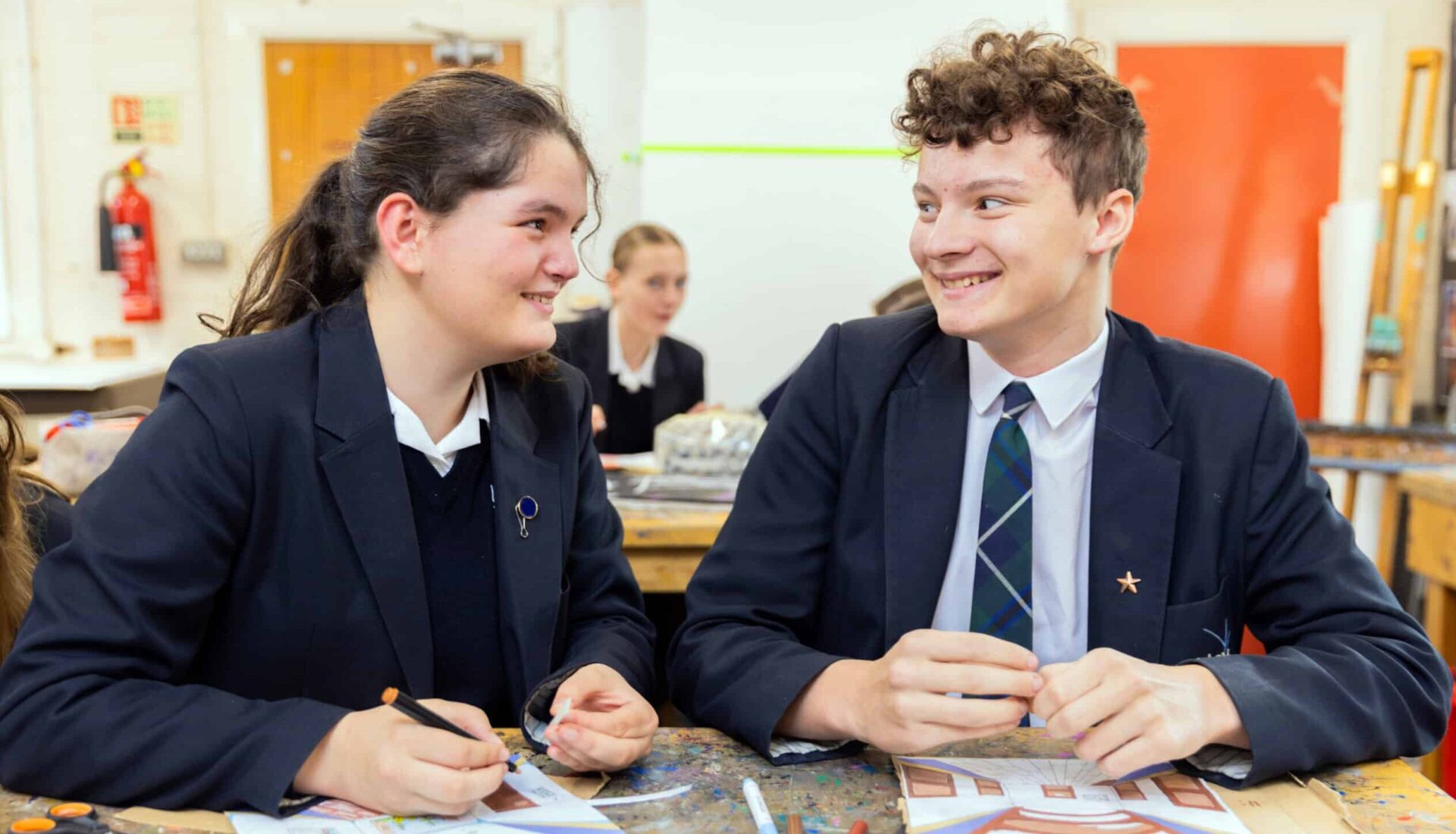
At Luckley House School, the benefits of co-education extend far beyond academics. Our pupils leave school with the skills, confidence, and emotional intelligence to navigate life with resilience and empathy. They are prepared to thrive in mixed-gender workplaces, higher education, and social environments, equipped not only with knowledge but with the ability to work collaboratively, communicate effectively, and lead with understanding.
Choosing a co-educational school is not just about what happens in the classroom, but it’s also about preparing your child for the world. At Luckley House, we are proud to provide an environment where boys and girls grow together, learn together, and succeed together.
Visit Luckley

